By: Eric Smith
The Vikings 500th regular-season victory in franchise history appeared to be in the bag.
Until it wasn't.
But the massive milestone occurred in Week 11 of the 2021 season against the Packers.
Greg Joseph capped the Border Battle with a walk-off field goal for a 34-31 win.
"500 is a hell of a number," said Hall of Fame guard Randall McDaniel.
The Vikings hit the mark in their 61st season and 928th regular-season game, as Minnesota's all-time record now stands at 503-421-11.
The Vikings became the 16th franchise in league history to register 500 wins. Minnesota is the fourth franchise that began play in 1960 or later to record 500 regular-season victories, joining New England, Dallas and Kansas City.
Minnesota's all-time win percentage of .545 is the seventh-best among the current 32 NFL teams.
"We weren't one of the founding teams in the NFL, so we got a late start on those 500 wins," Hall of Fame wide receiver Cris Carter said. "I think when you look back at the 101 years of the NFL and look at the Vikings history, we've been hanging in there, throwing punches.
"Look at any decade – we've been very competitive throughout," Carter added.
And, make no mistake about it, the compilation of wins over the decades has been a true team effort.
"It's a collective effort from everyone since the organization's inception," said Vikings safety Harrison Smith. "It's kind of a tribute to everybody that has come before us — coaches, players, front office, everybody. It's big for everyone that was involved."
Linebacker Scott Studwell added: "All the dedication, the work ethic, the commitment from top to bottom — whether its ownership to the equipment people to the maintenance people that take care of the facility — a lot of times we get a lot more credit than maybe we deserve as players. There's so much sacrifice that goes on. Anyone that has worked for the Minnesota Vikings understands that."
But … everyone has a favorite win, right?
One that had a crazy ending, one that meant something to one's own personal career or one that helped cap off a successful season.
Over the past six months, Vikings.com reached out to legendary figures from across franchise history to find the victories that meant the most to them.
"That's like trying to find a needle in a haystack," said former Vikings punter Greg Coleman.
Here are 15 stories, from the past to present, that tell the story of the Vikings road to 500 wins.

We have to start from the beginning, of course.
At least that's where Fran Tarkenton did as he recalled a 37-13 stunner.
"I can go back to the very first game, my favorite win of all time," Tarkenton said. "We were playing the Chicago Bears. We were a new franchise. No new franchise had ever won anything."
The date was Sept. 17, 1961, and more than 30,000 spectators packed Metropolitan Stadium for the first regular-season game in Vikings history.
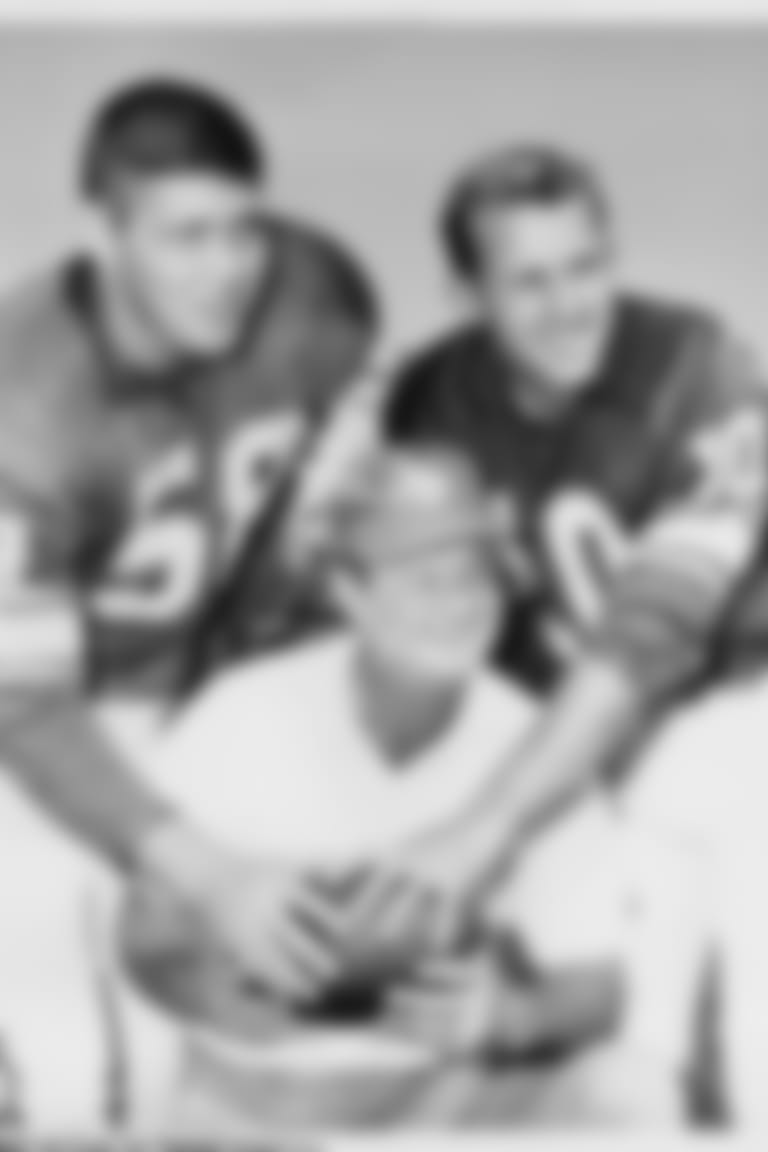
The home team wasn't favored, especially after an uninspiring exhibition schedule that included five losses in five games.
One of those came against the Bears, who claimed a 30-7 win at Kingston Stadium in Cedar Rapids, Iowa, in early September.
And the Bears were, well … the Bears – a historically revered franchise led by the legendary George Halas.
Tarkenton, who had become the third player drafted by Minnesota in the previous December, explained the vibe going into the franchise opener.
"We were 28-point underdogs. Two weeks before we had lost to the Bears in Iowa," Tarkenton said. "So, we had no chance to beat the king of kings, George Halas, the founder of the National Football League, the general manager and head coach of the Chicago Bears. He won everything in the '40s and '50s."
Tarkenton didn't start the game because Head Coach Norm Van Brocklin opted for veteran George Shaw over the rookie quarterback. Van Brocklin switched to Tarkenton late in the first quarter, though, despite the Vikings holding a 3-0 lead.
View photos of Vikings legend and Pro Football Hall of Famer Fran Tarkenton.
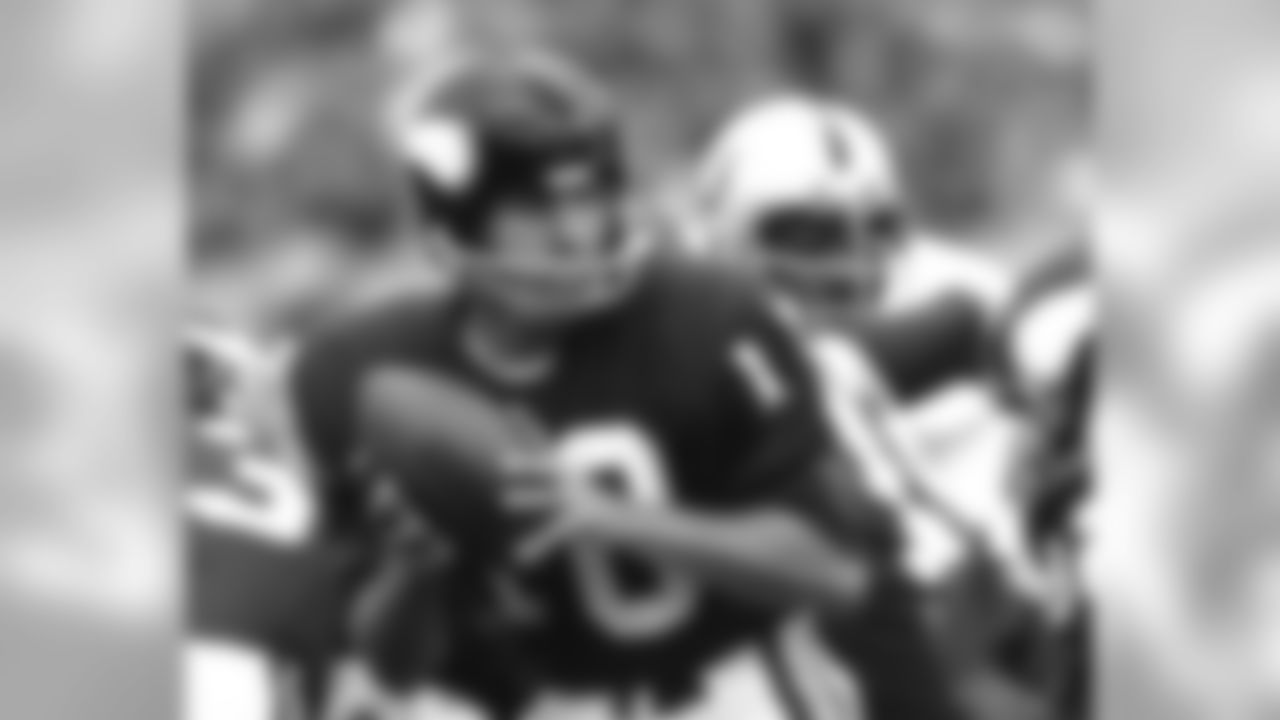
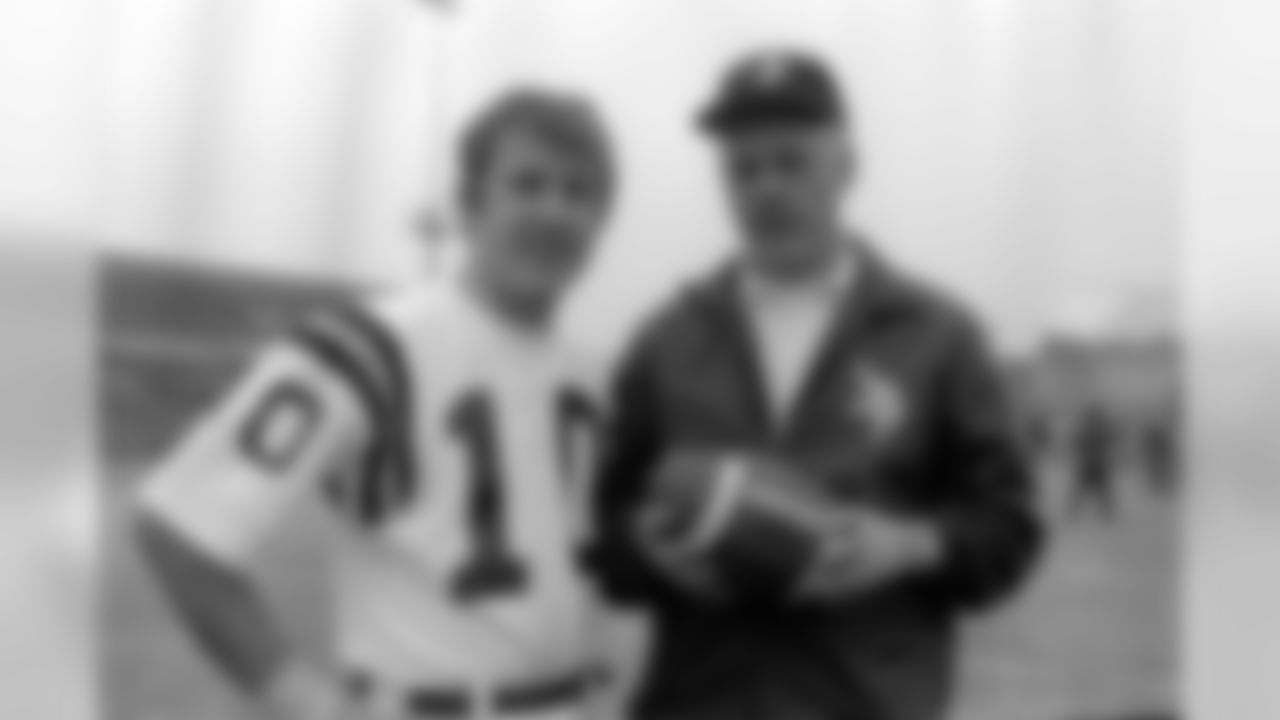
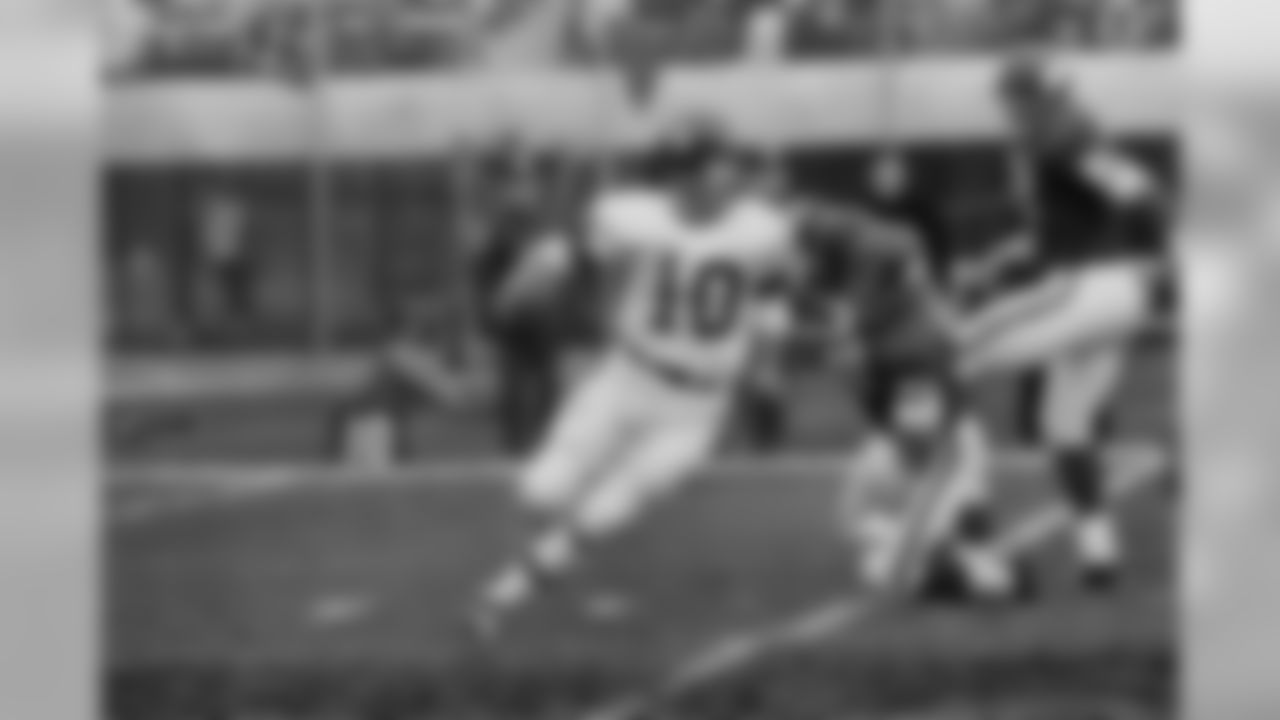
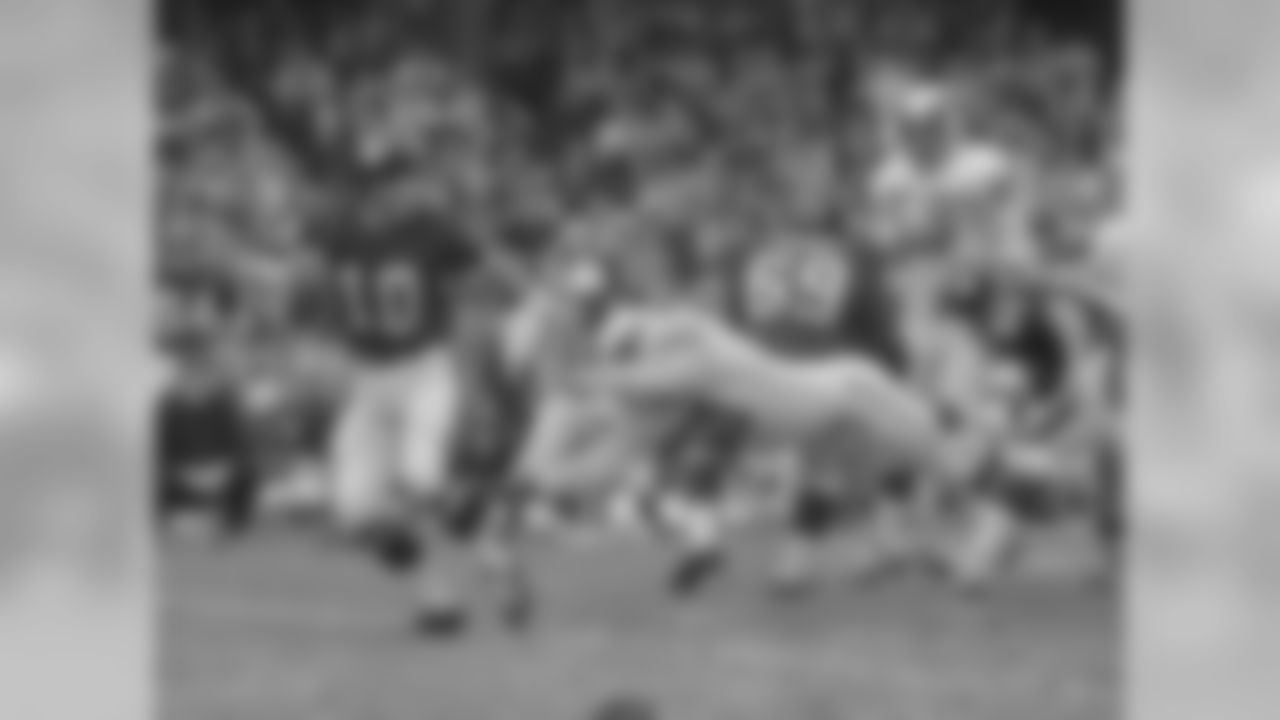
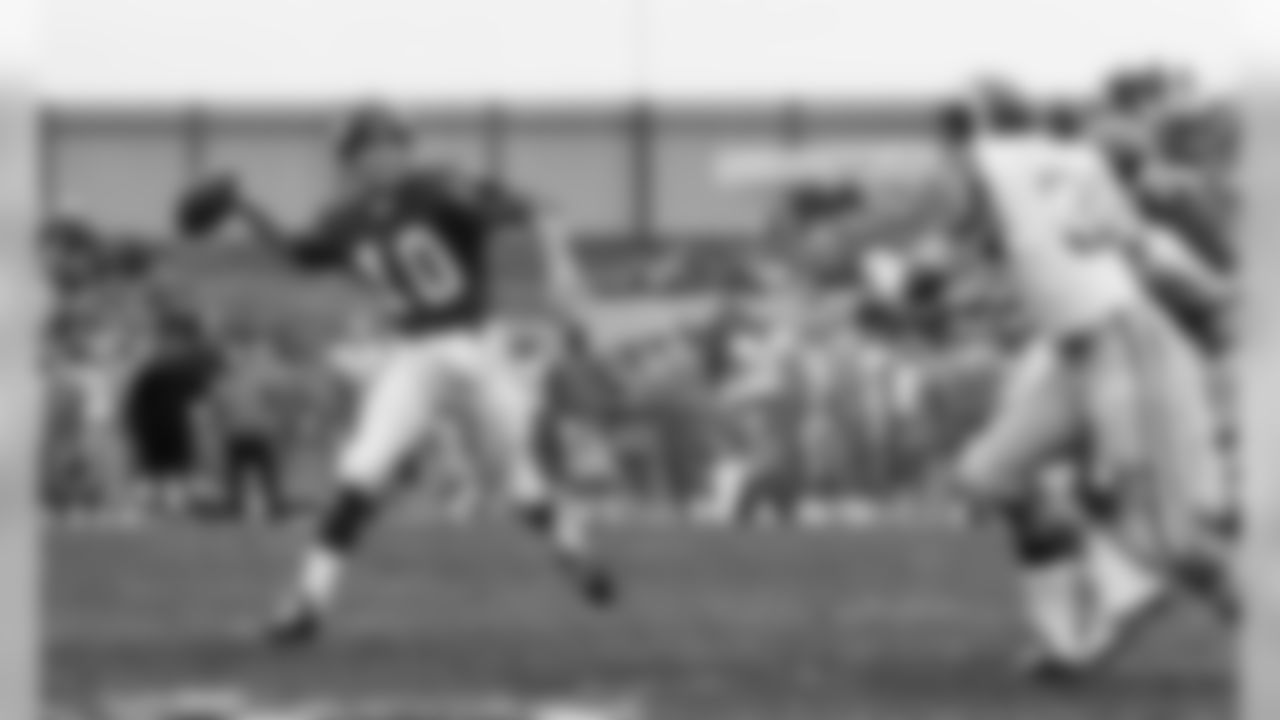
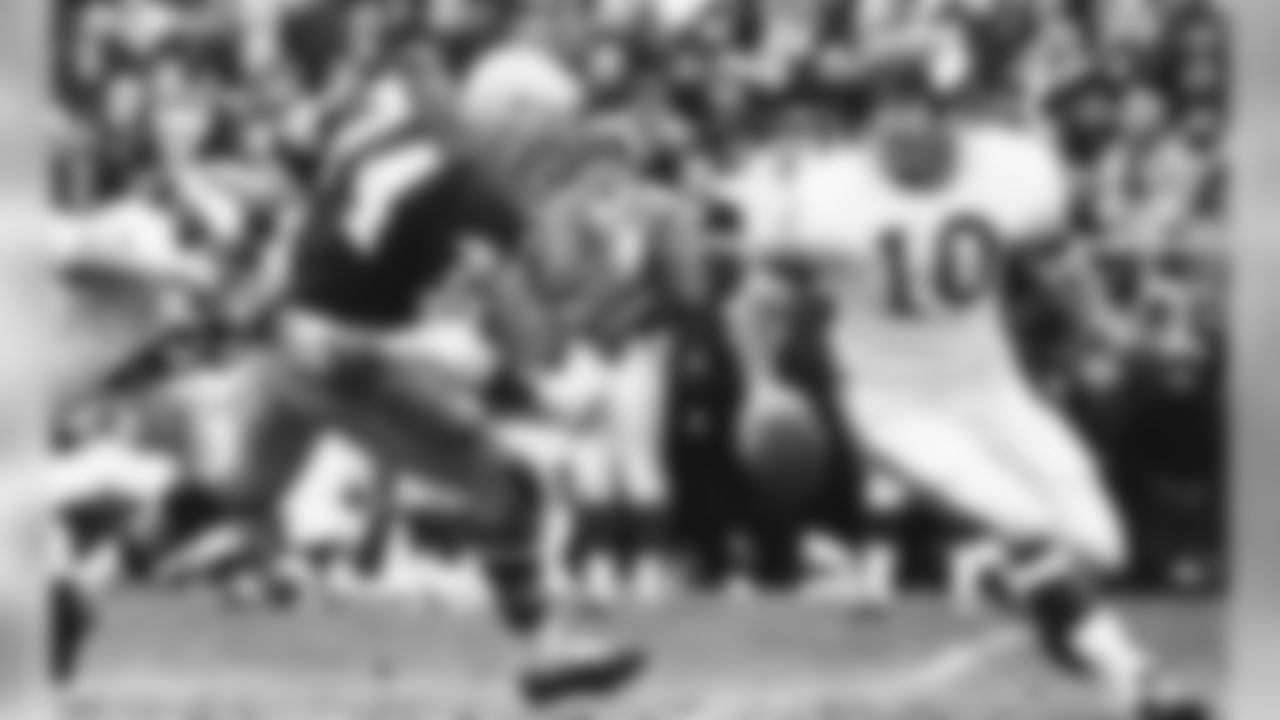
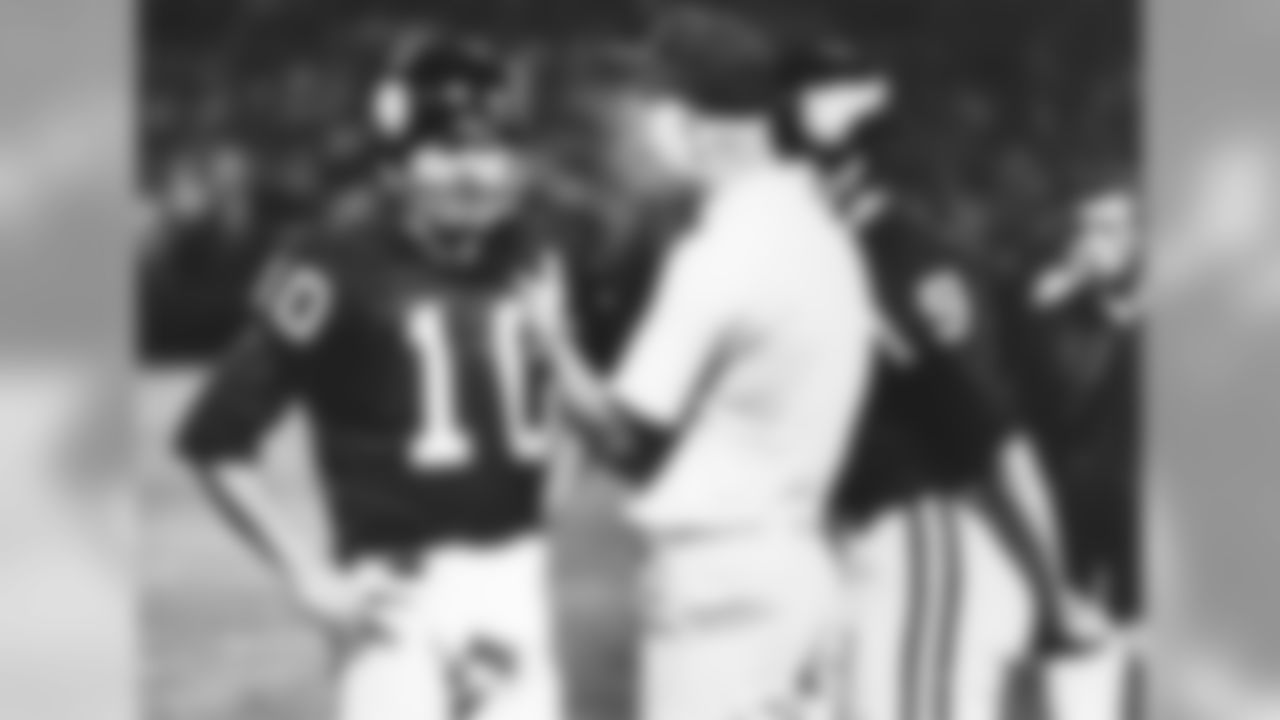
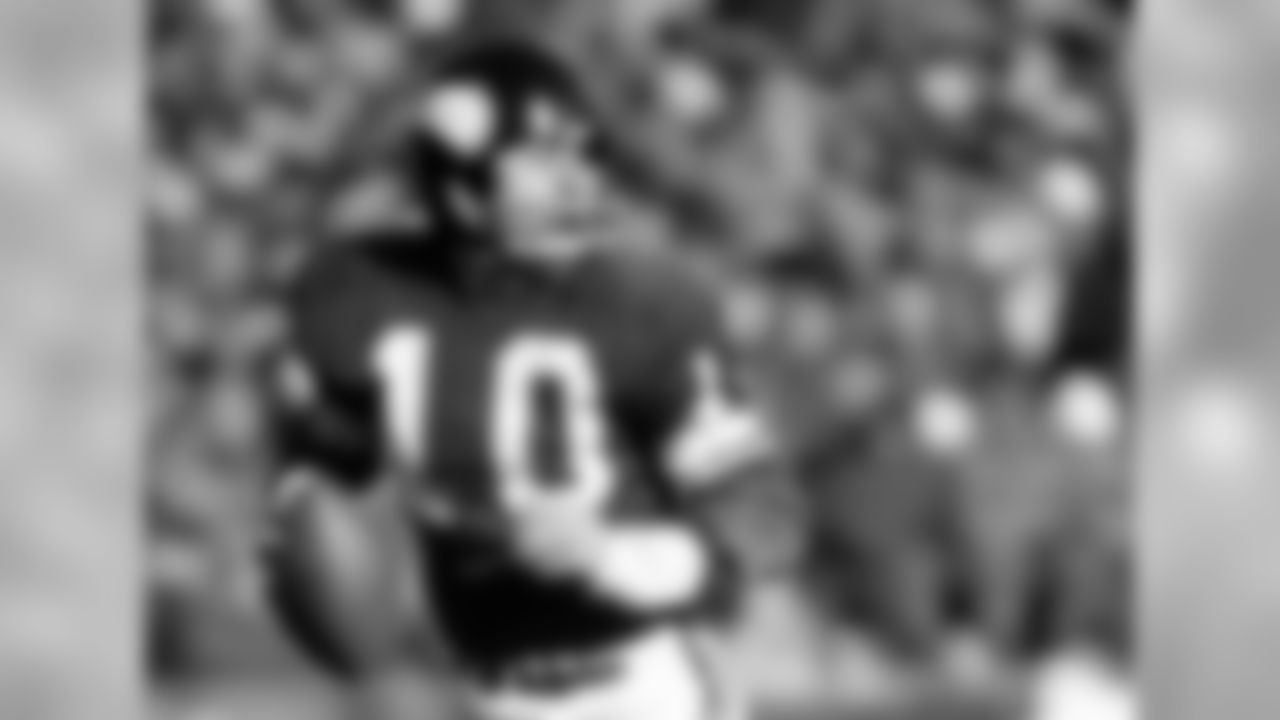


The 21-year-old sparked the Vikings to an explosive offensive performance, with Tarkenton accounting for five total scores, four of which came through the air.
"We went on a tear. I happened to complete 17 passes for 250 yards. I threw for four touchdown passes and ran for another. I don't remember much about it," Tarkenton said with a sly smile.
How was he able to pick apart such a stout defense?
"About 80 percent of my calls were audibles, because Van Brocklin was a genius offensive mind," Tarkenton said. "They blitzed all the time, so I just pushed the [right] buttons when they blitzed and knew who to throw to, where to throw. We had an incredible day."
Tarkenton's amazing debut, which included touchdown passes to Bob Schnelker, Jerry Reichow, Hugh McElhenny and Dave Middleton — was simply the opening act for his Pro Football Hall of Fame career.
And it ensured the Vikings would always remember their first win in franchise history.
"I would say this is the greatest upset in the history of the National Football League," Tarkenton said. "It set the standard for our team, for then and later."

No head coach in Vikings history has been involved in as many wins as Bud Grant.
The iconic Grant, now 94 years old, directed 158 of Minnesota's 503 regular-season victories.
Grant provided his trademark sense of humor when asked to recall his favorite.
"500 wins? That's quite a chore," Grant said. "I can't remember six, let alone 500. You're asking an old man about his memory now …"
But Grant eventually picked one. Naturally, it came against the Packers.
And it was the very first win of his NFL coaching career.
"If I had to come up with one, it would be the first game that we won when I was the head coach," Grant said. "My memory is not as good as it used to be, but I believe it was against Green Bay but it was in Milwaukee.
"And I think we had lost the first four games … so it was the first win that we had when I was coaching the Vikings," Grant. "It was against Lombardi and the Packers, and they had won the Super Bowl the year before."
View photos of Vikings head coach and Pro Football Hall of Famer Bud Grant.




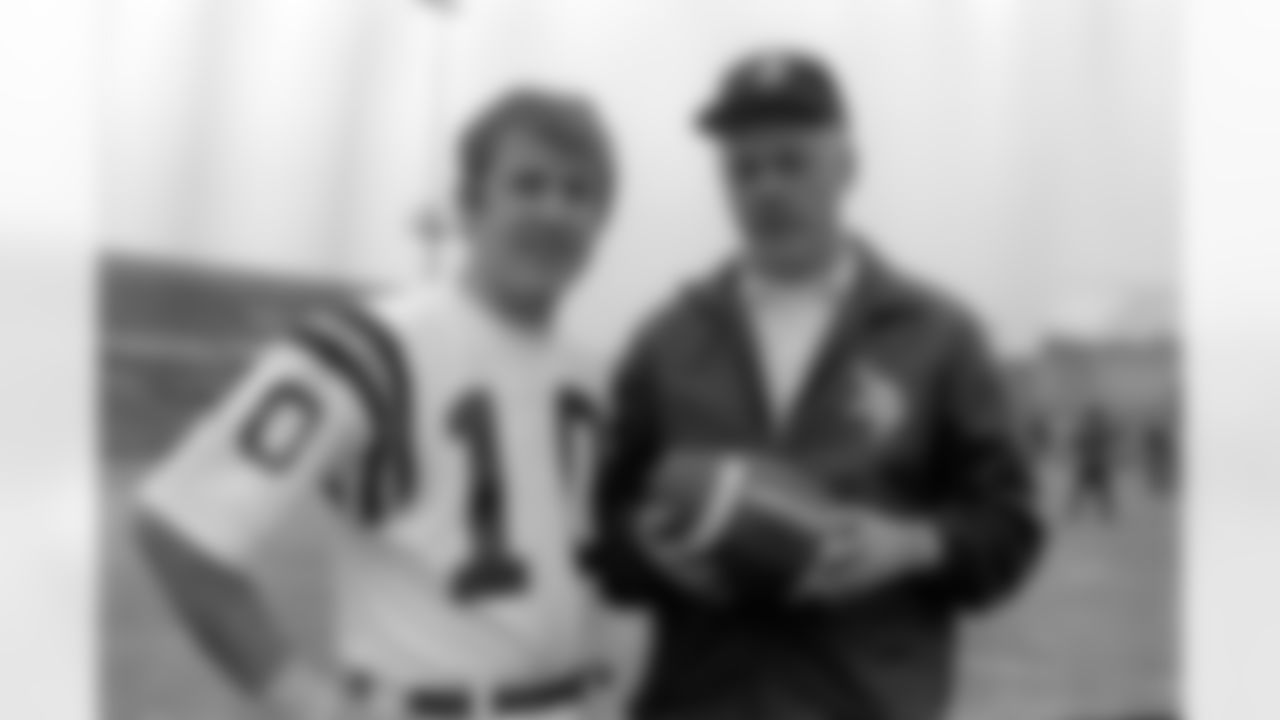









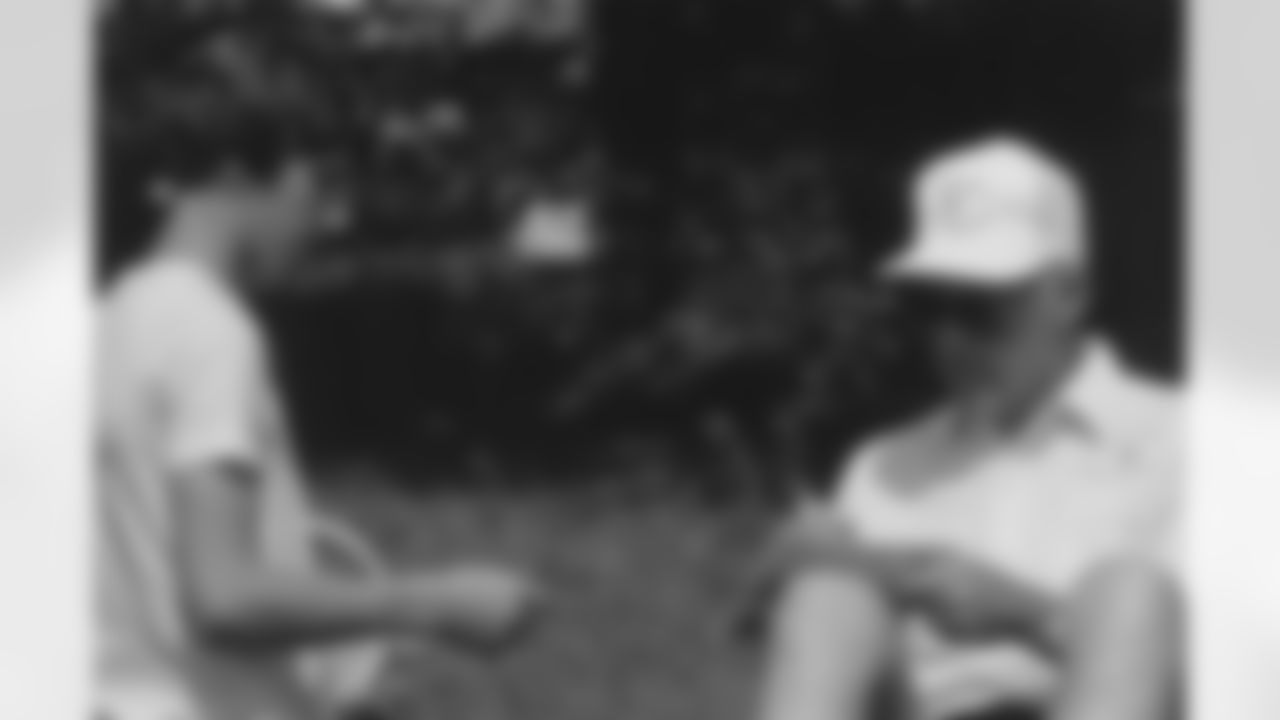

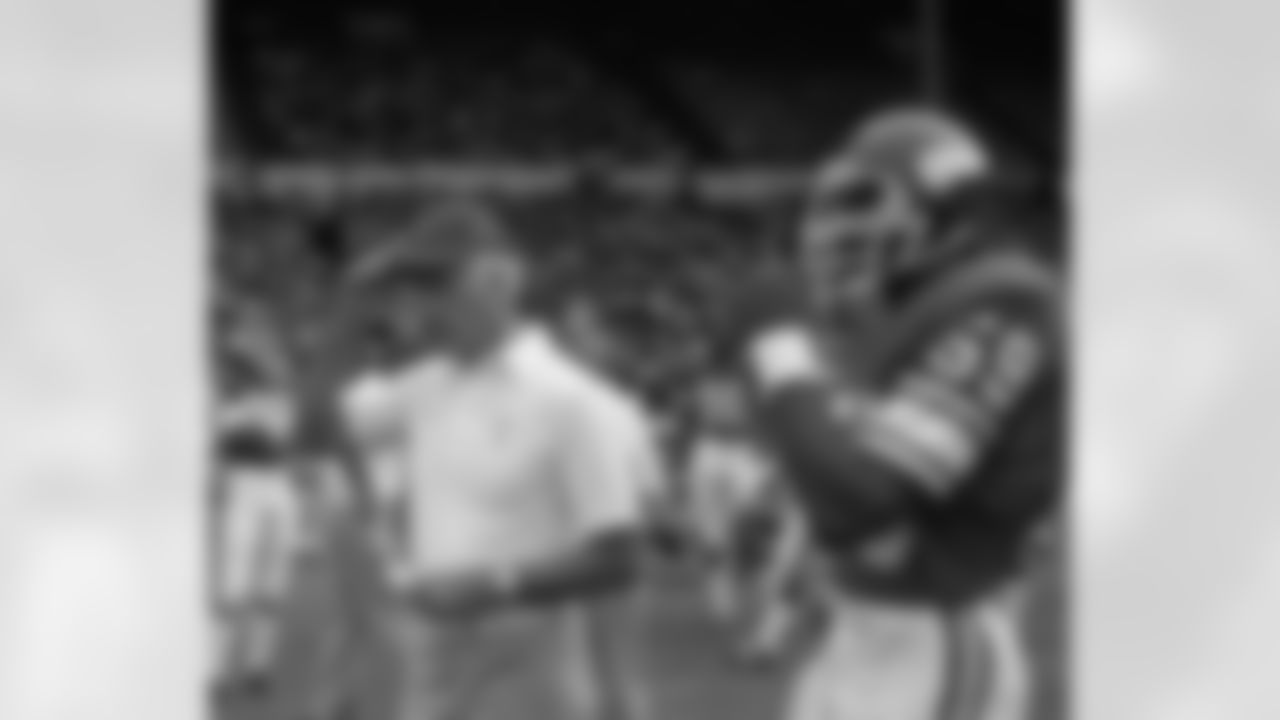



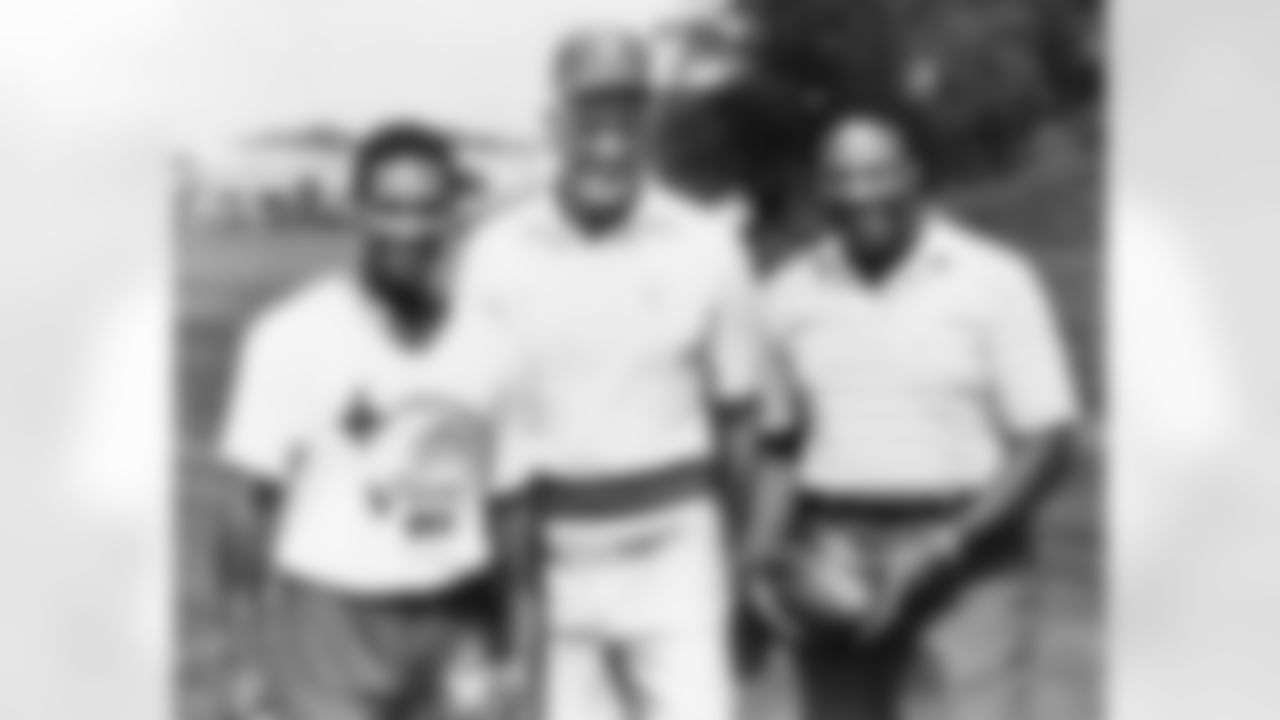





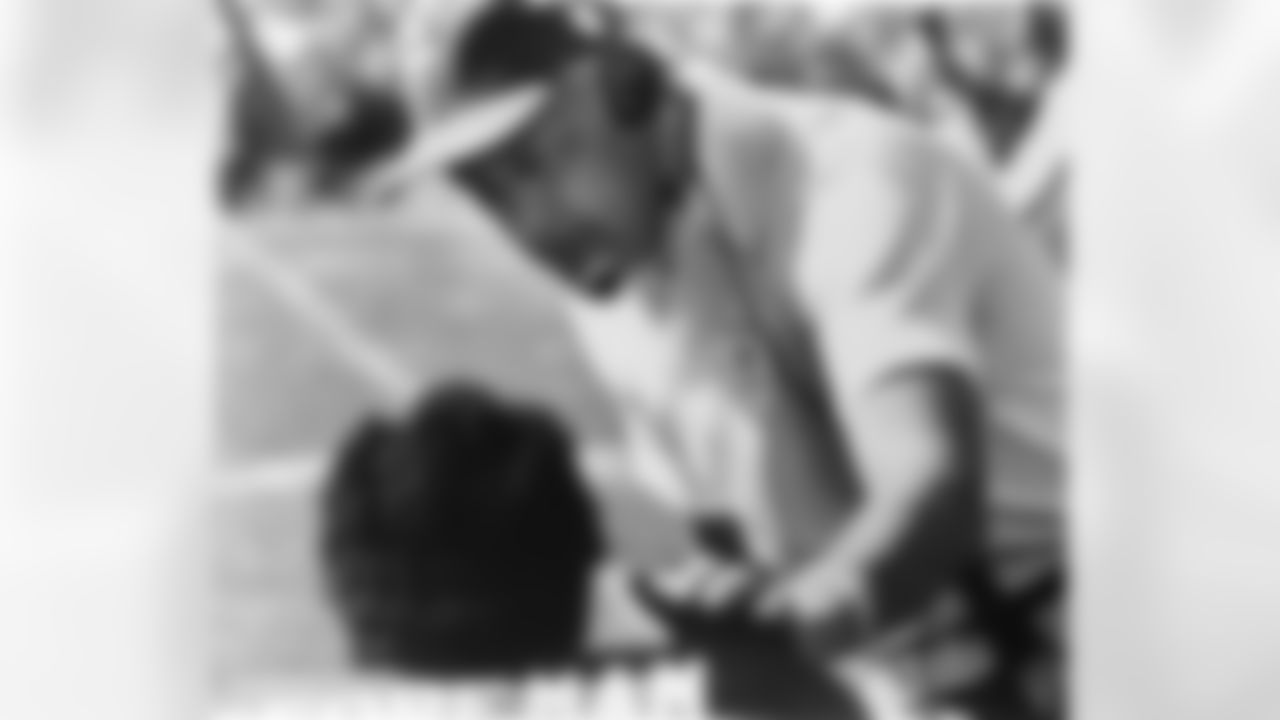



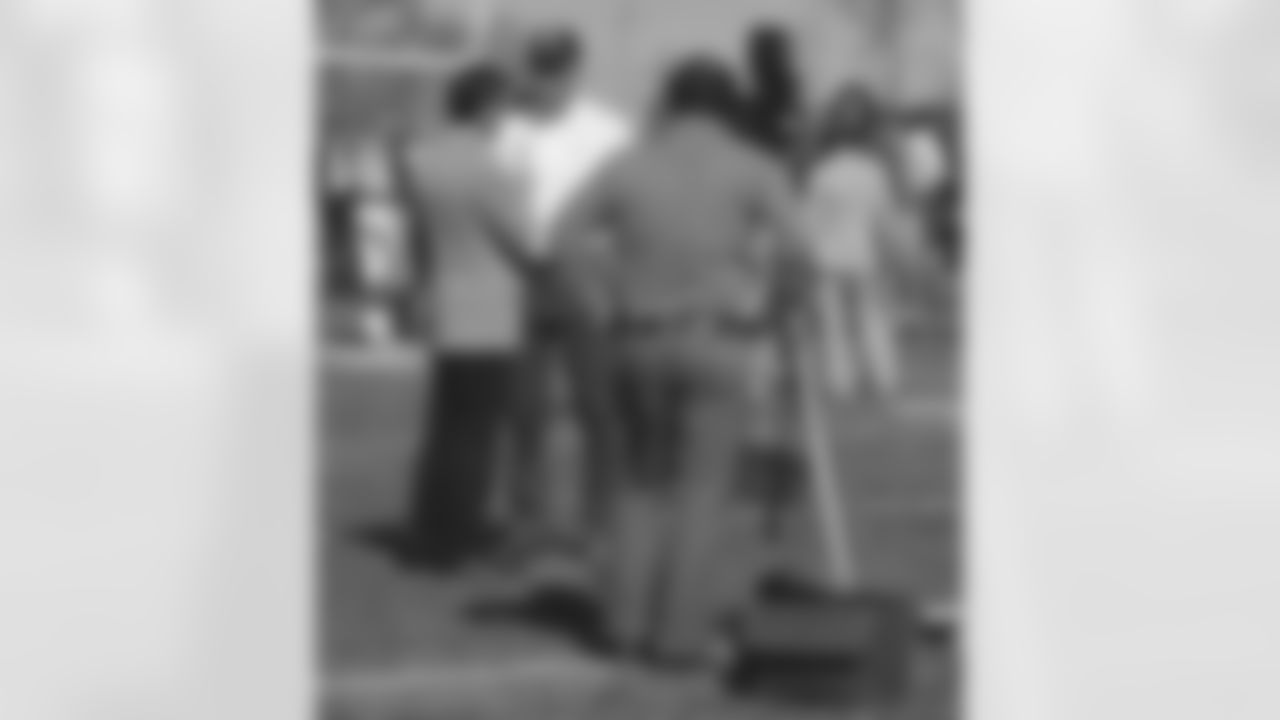

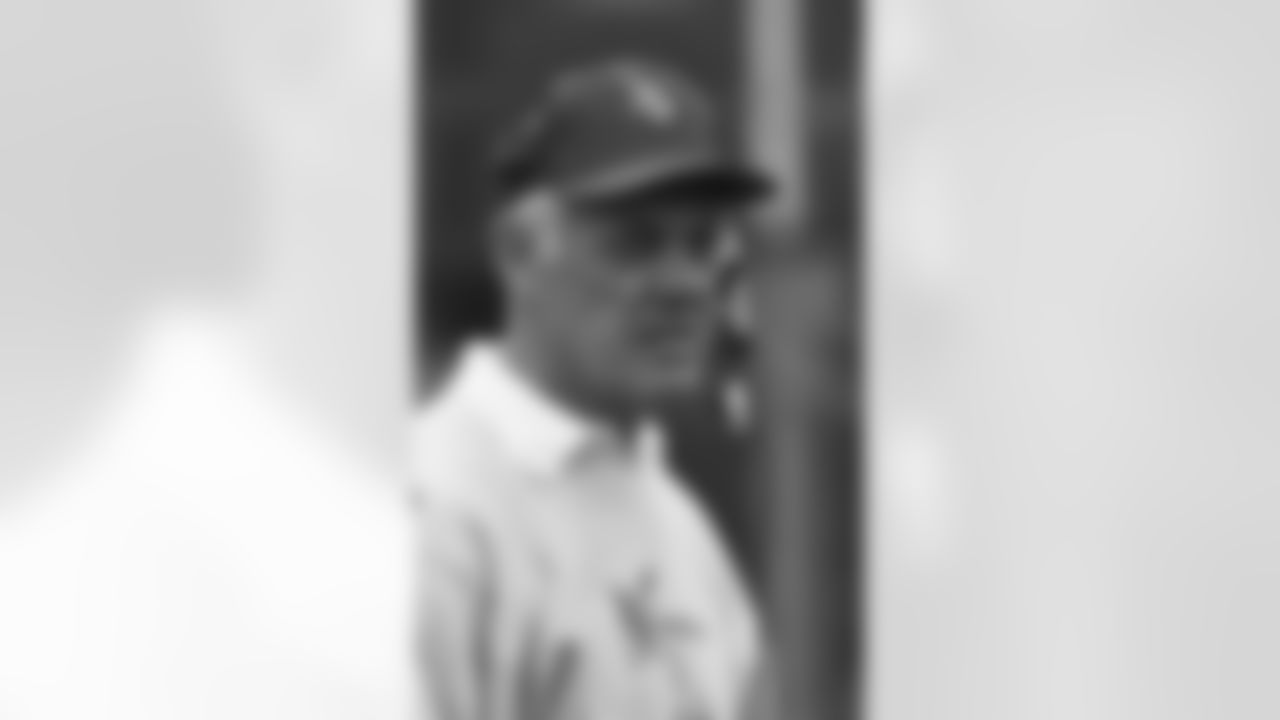
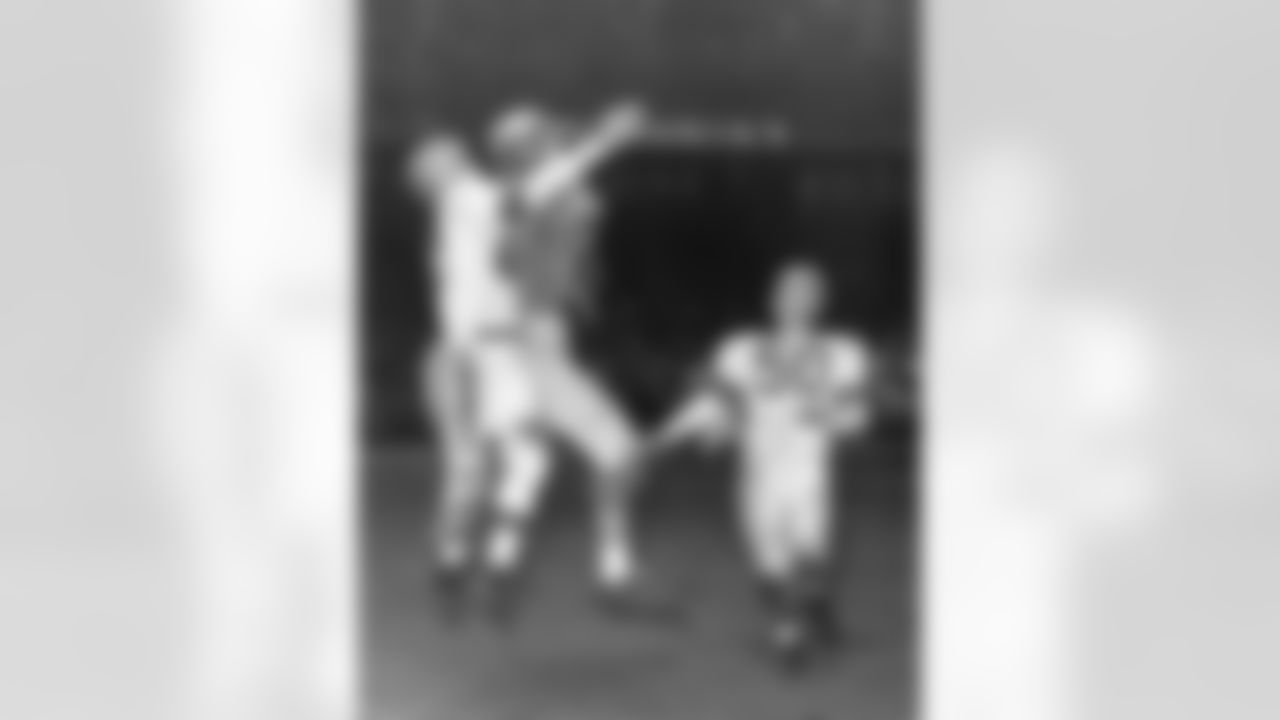

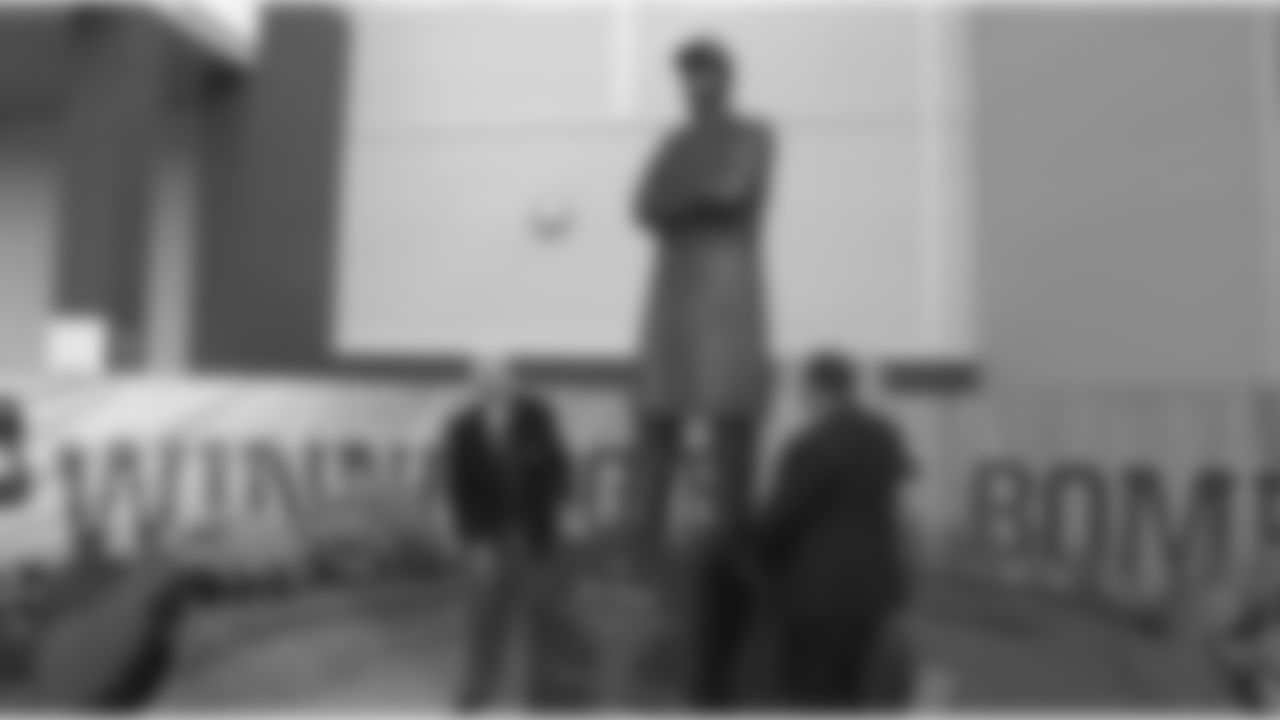
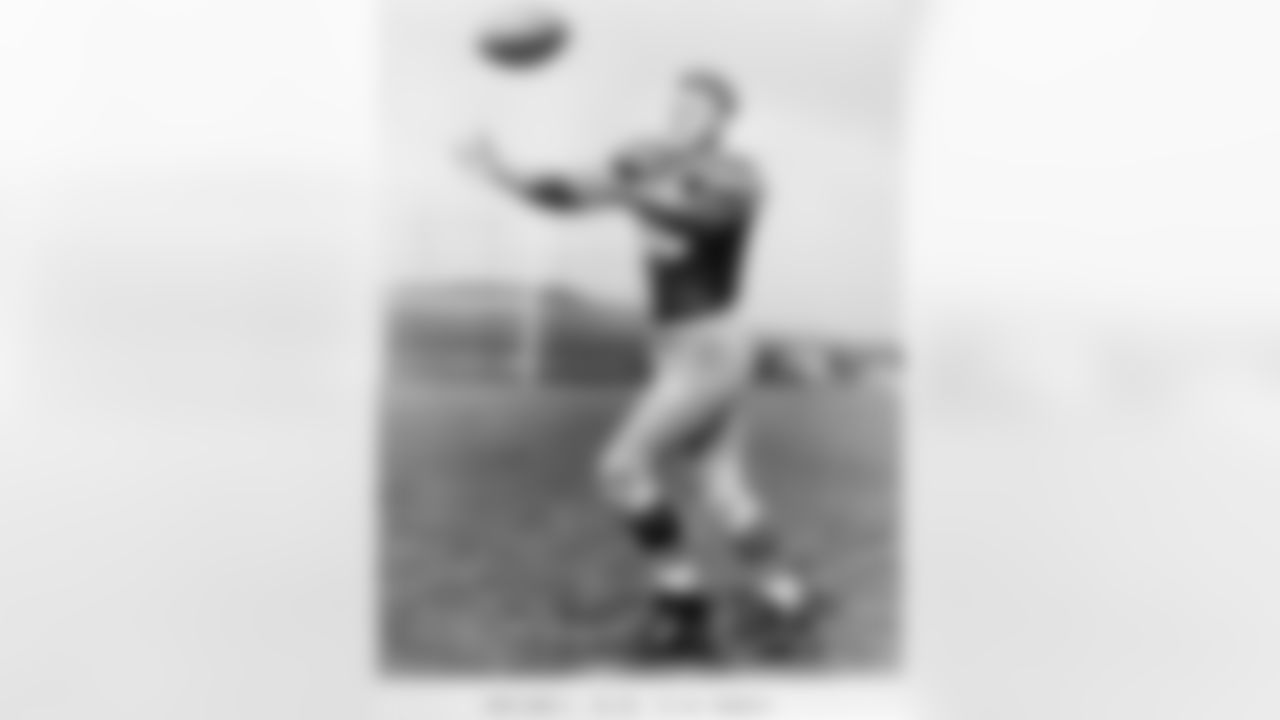

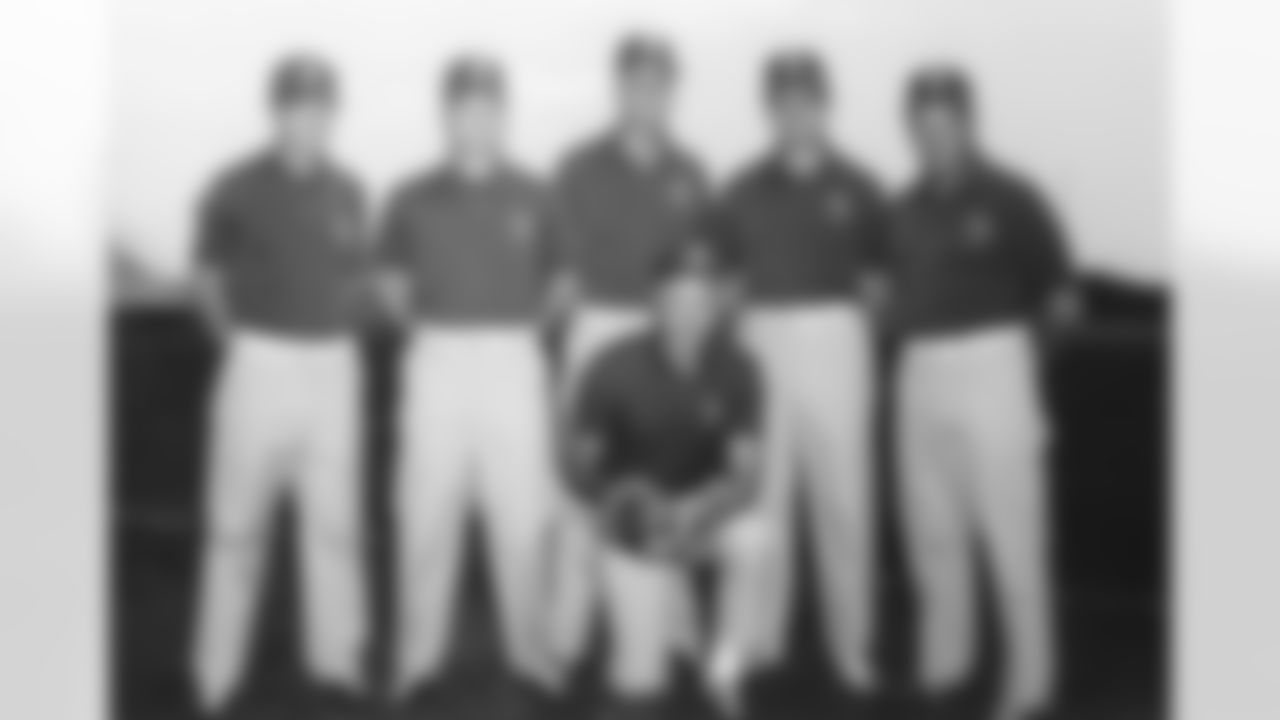
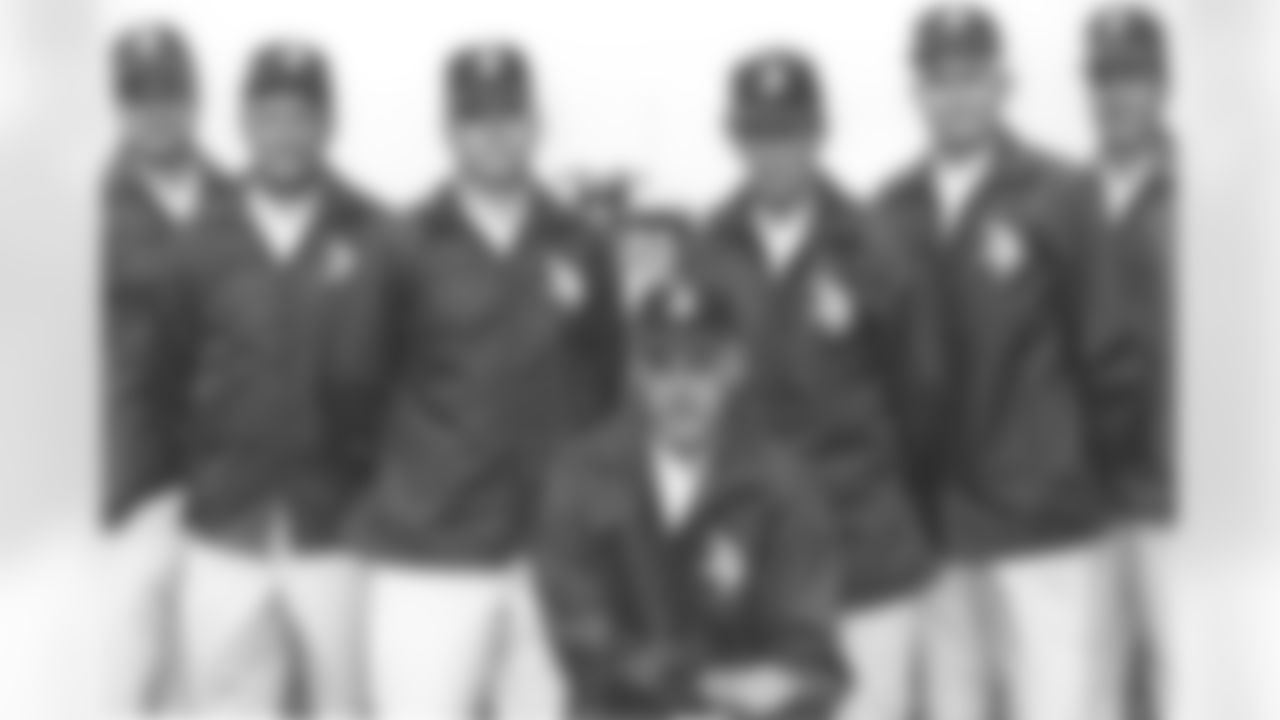
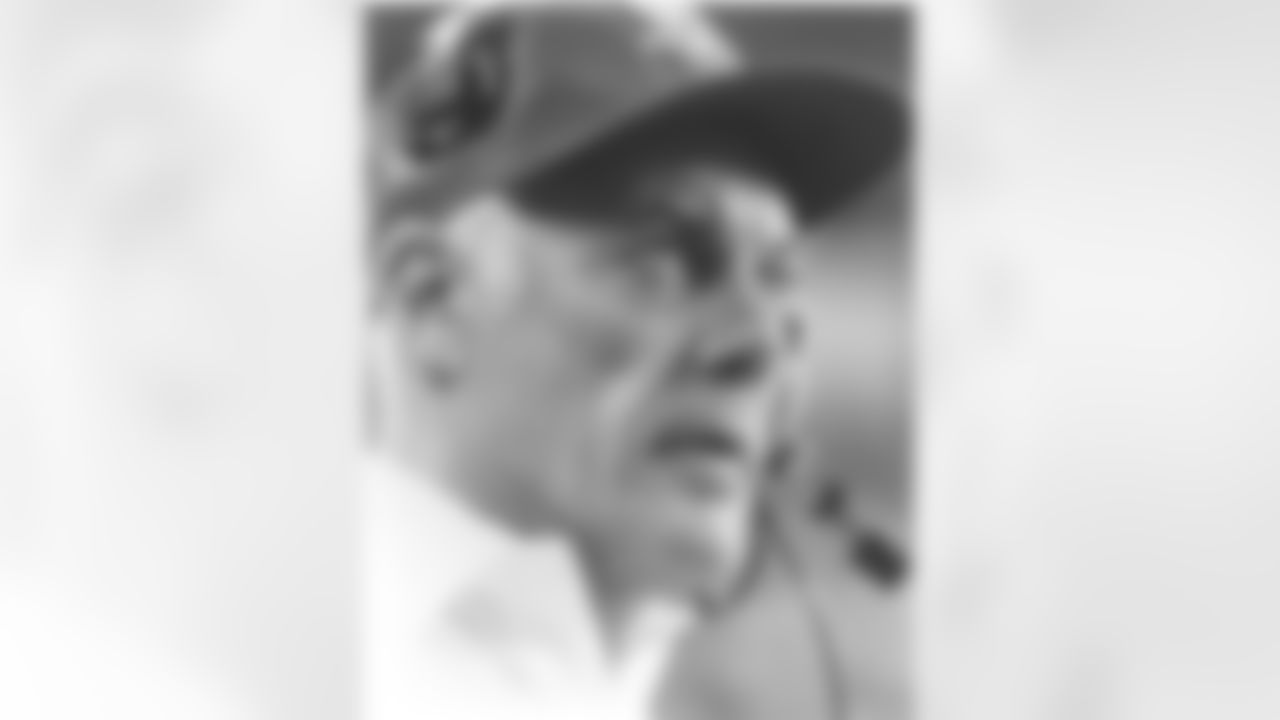














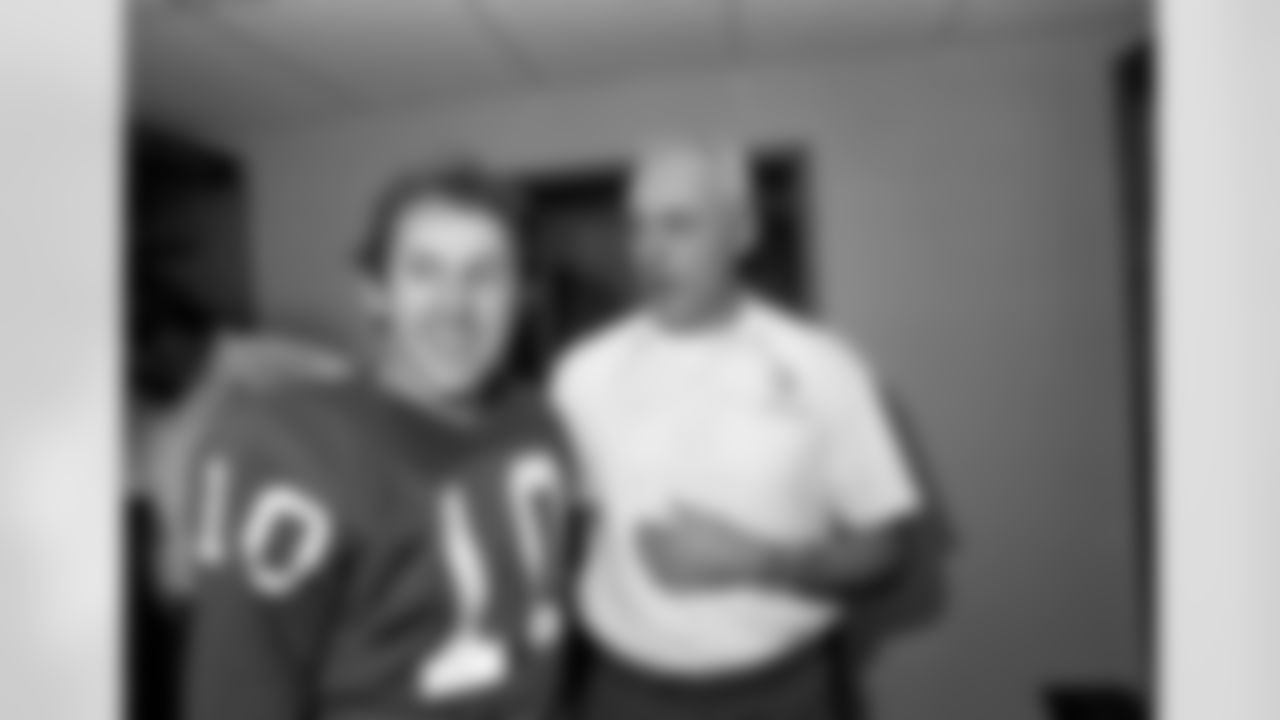

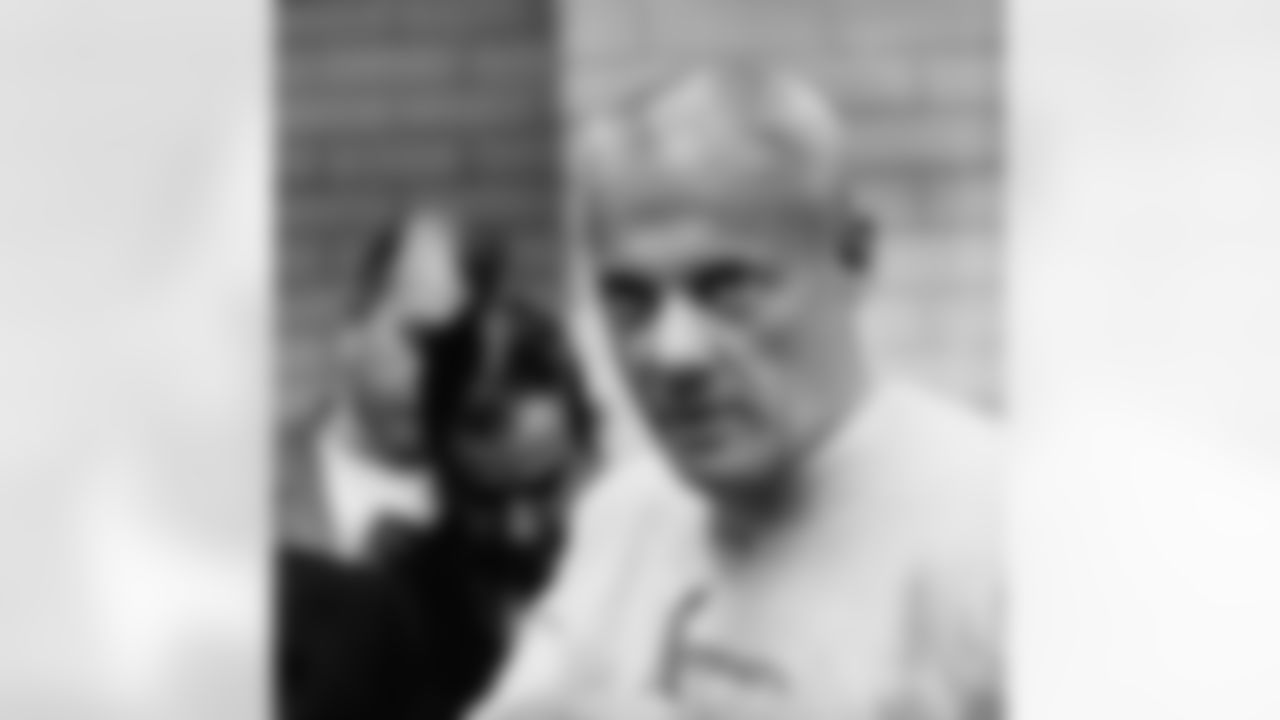


Grant's memory is still as sharp as a tack.
Minnesota lost the first four games of Grant's tenure before facing Green Bay for the first time in his career. It was Oct. 15 at Milwaukee County Stadium … Week 5 of the 1967 season.
The game was knotted at 7 late in the fourth quarter when cornerback Earsell Mackbee picked off the Packers, his second interception of the day.
That set up Fred Cox's go-ahead, 12-yard field goal with just 13 seconds left to seal a 10-7 win.
The Vikings victory ended Green Bay's 17-game win streak, although the Packers — who had won Super Bowl I the season before — eventually claimed Super Bowl II later that season.
And while Grant certainly relished the win, he also adopted a new approach to game days on that October day in 1967.
Back then, Grant recalled, the teams left the field on the same end of it. And when he went to shake the hand of Vince Lombardi, the legendary Packers head coach brushed him off.
"He wouldn't shake hands. He was upset that they lost," Grant said. "He just walked right by me and didn't even acknowledge me."
But don't think Grant was fazed by Lombardi, whom Grant would later join in the Pro Football Hall of Fame.
Instead, he adopted the same practice after each contest.
"I never shook hands with another head coach after a game after that point," said Grant, who noted he'd chat up the opposing coach before kickoff instead. "I'd say, 'Well, one of us is not going to feel very good at the end of this game. So we'll shake hands now, and at the end of the game, I'm not going to shake your hand.'
"I had coaches say, 'That's a great idea!' So, from that point on, I never shook hands with a coach at the end of a game," Grant added. "Nobody probably even noticed that. I tried to prep the coach. Shaking hands is an empty gesture at the end of a game. But Lombardi taught me that."

Alan Page was part of many wins in Purple.
The Pro Football Hall of Famer played 160 career regular-season games with the Vikings, and he walked off the field victorious on 110 different occasions.
"The years that I was here, we had to have made up a good percentage of those 500," Page said. "That's the kind of thing that I focus on."
The 1971 NFL MVP is correct, as the Vikings won 10-plus games in seven of the 11 seasons he played along the defensive line.
A good handful of those victories were recorded against the Lions, a team the Vikings always found a way to conquer.
Minnesota had won nine straight games over Detroit before the Lions came to town for the second meeting of the 1972 season.
View photos of Vikings legend and Pro Football Hall of Famer Alan Page.
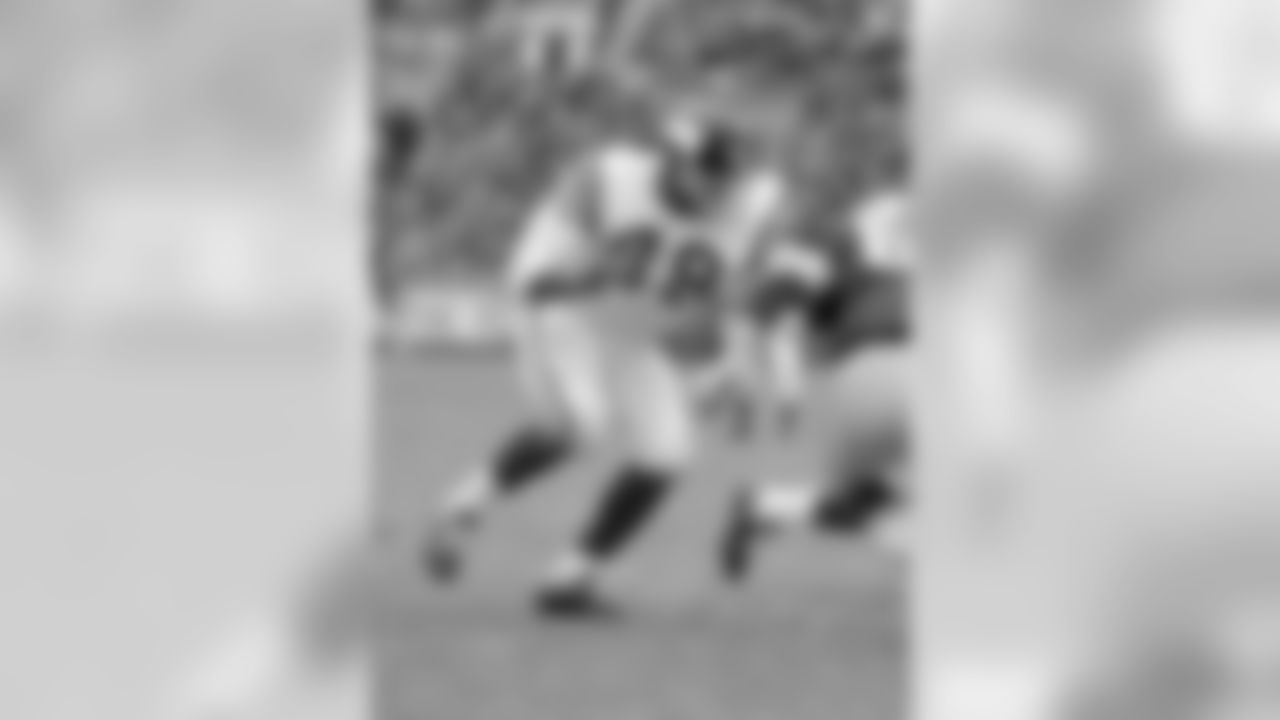

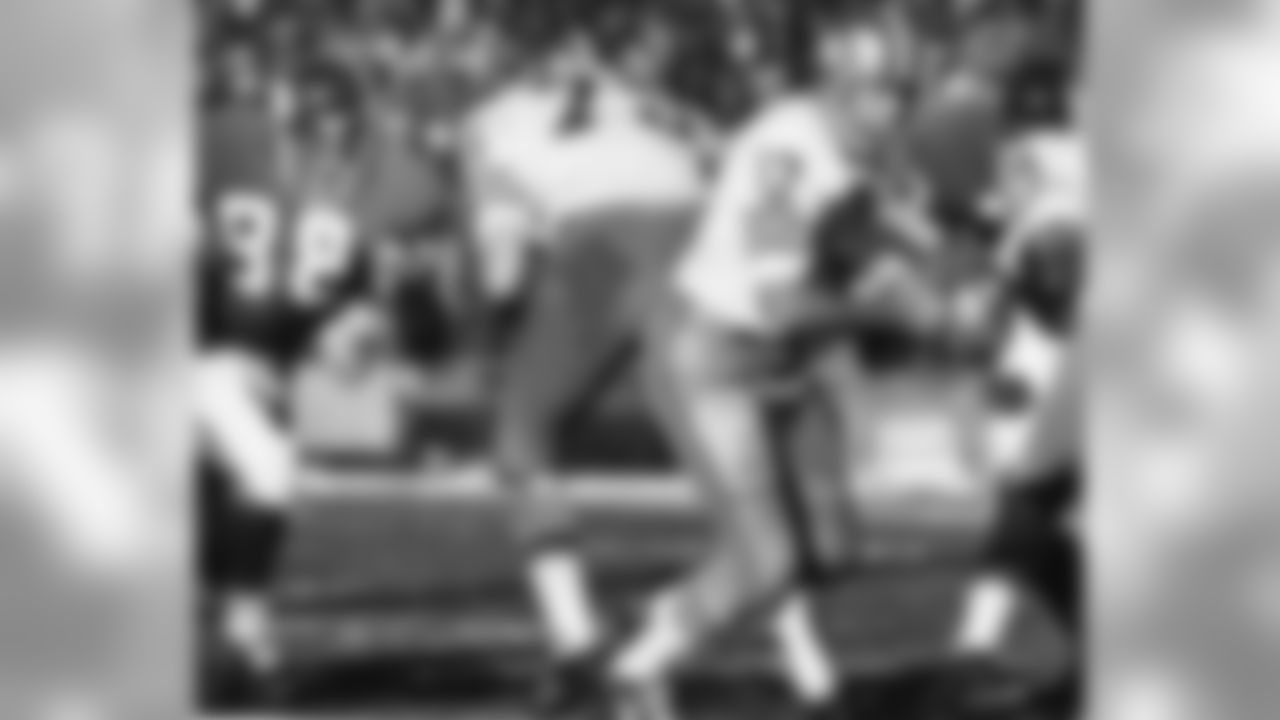








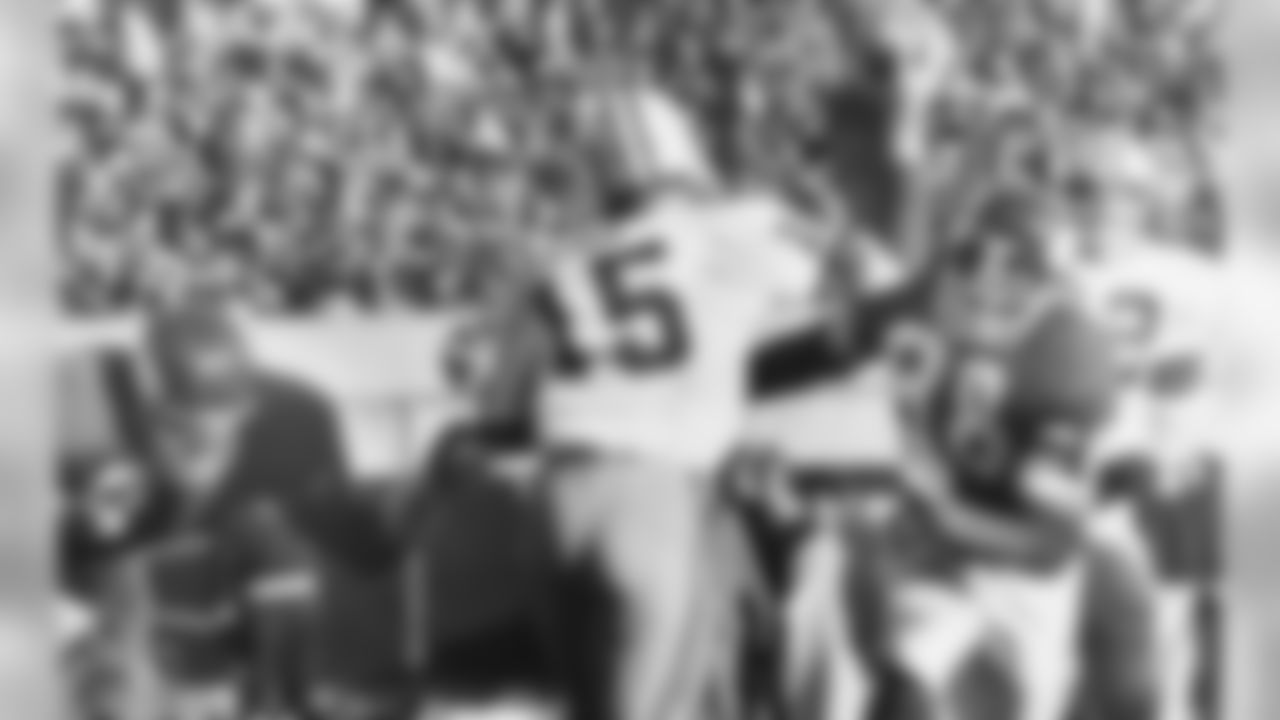



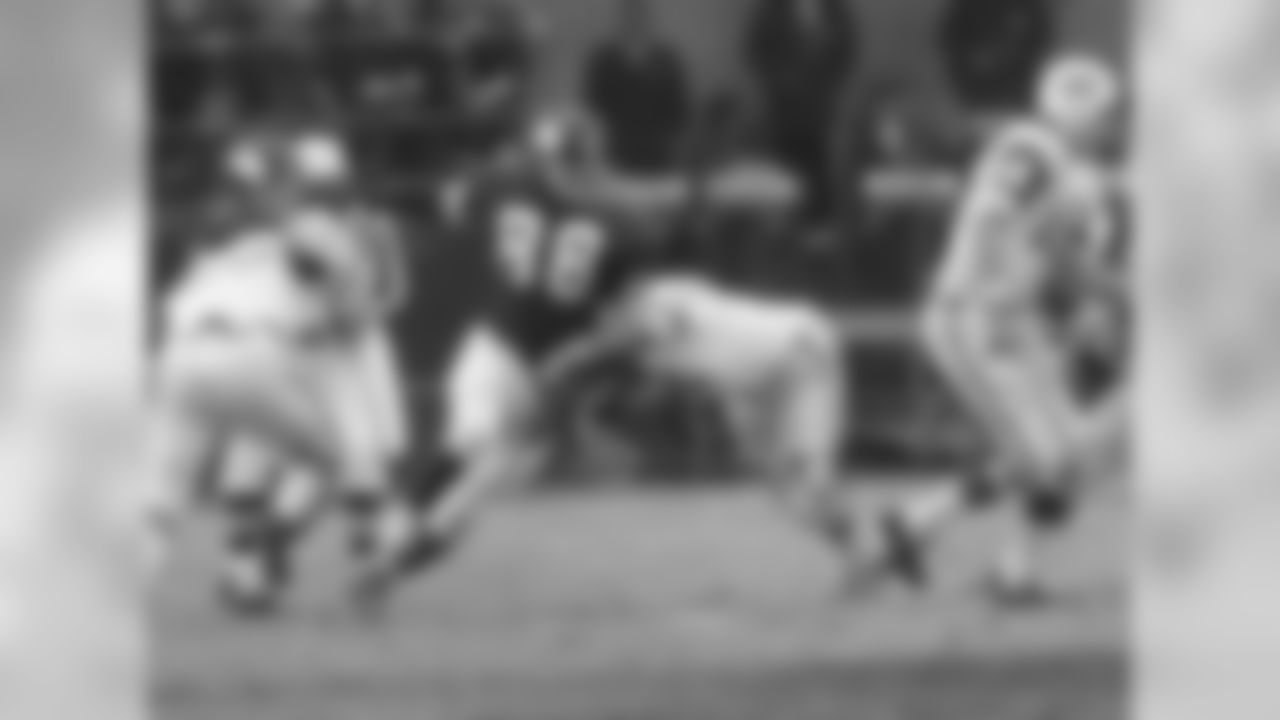

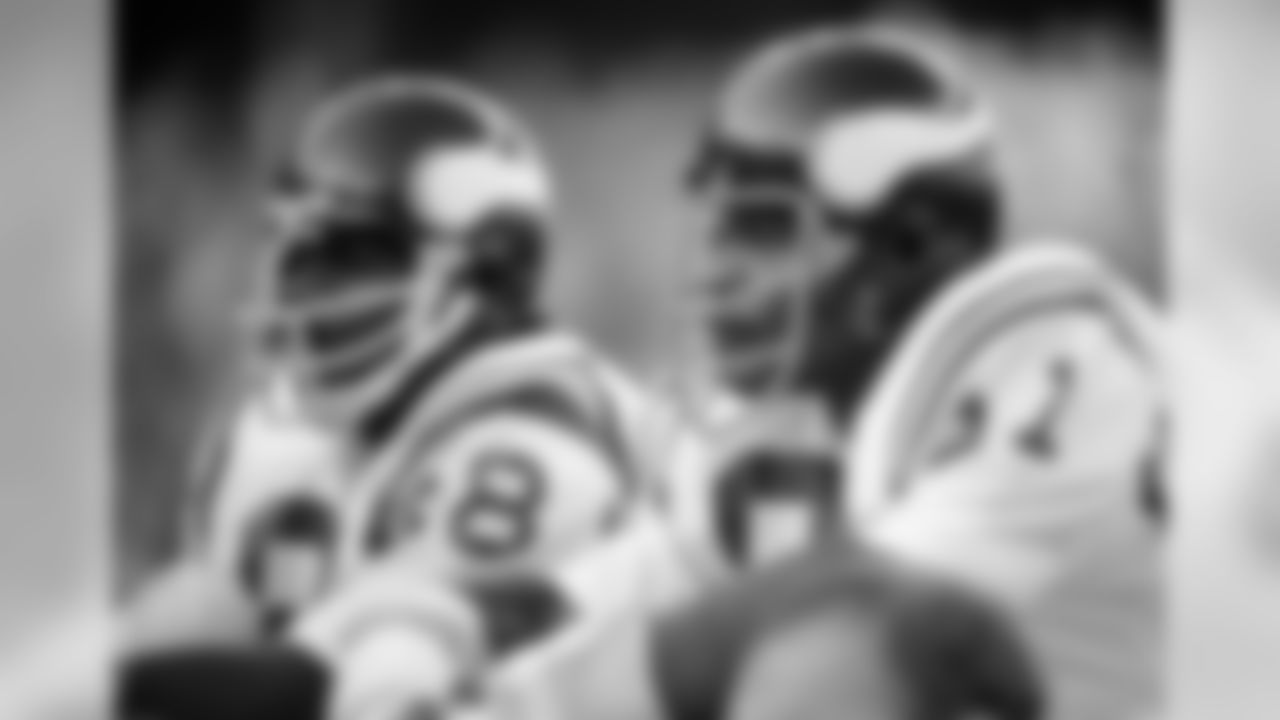
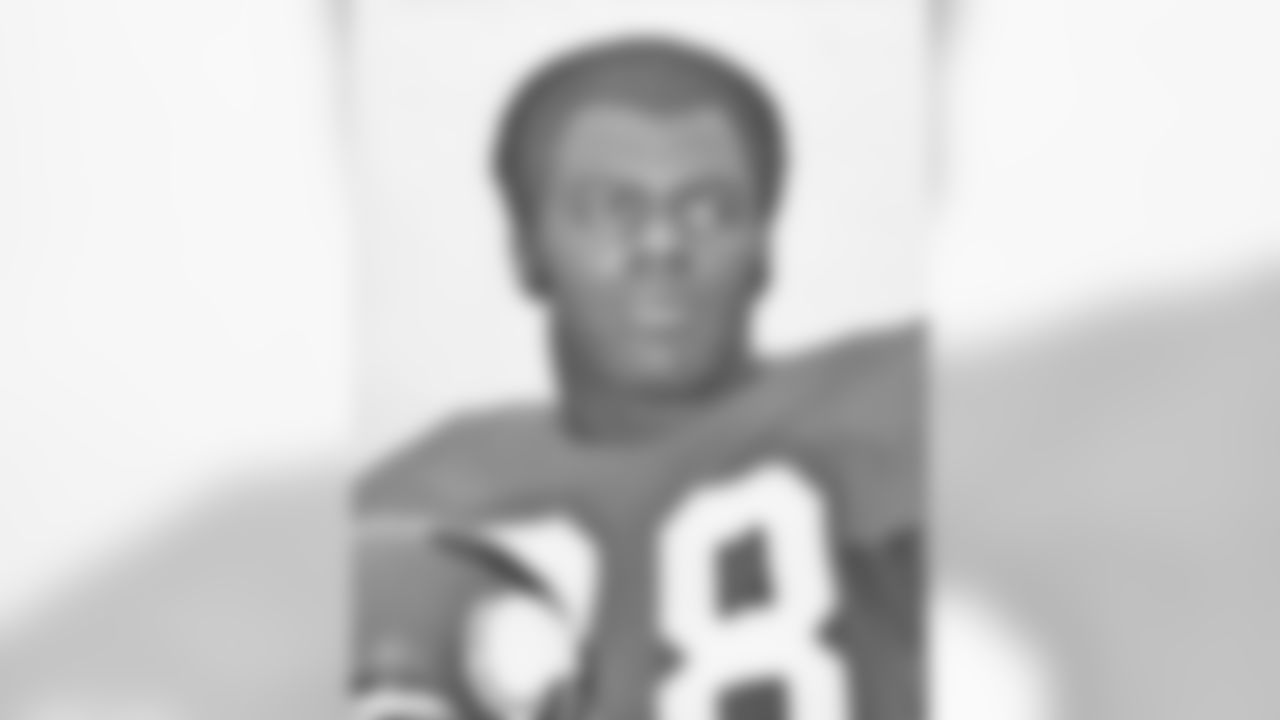
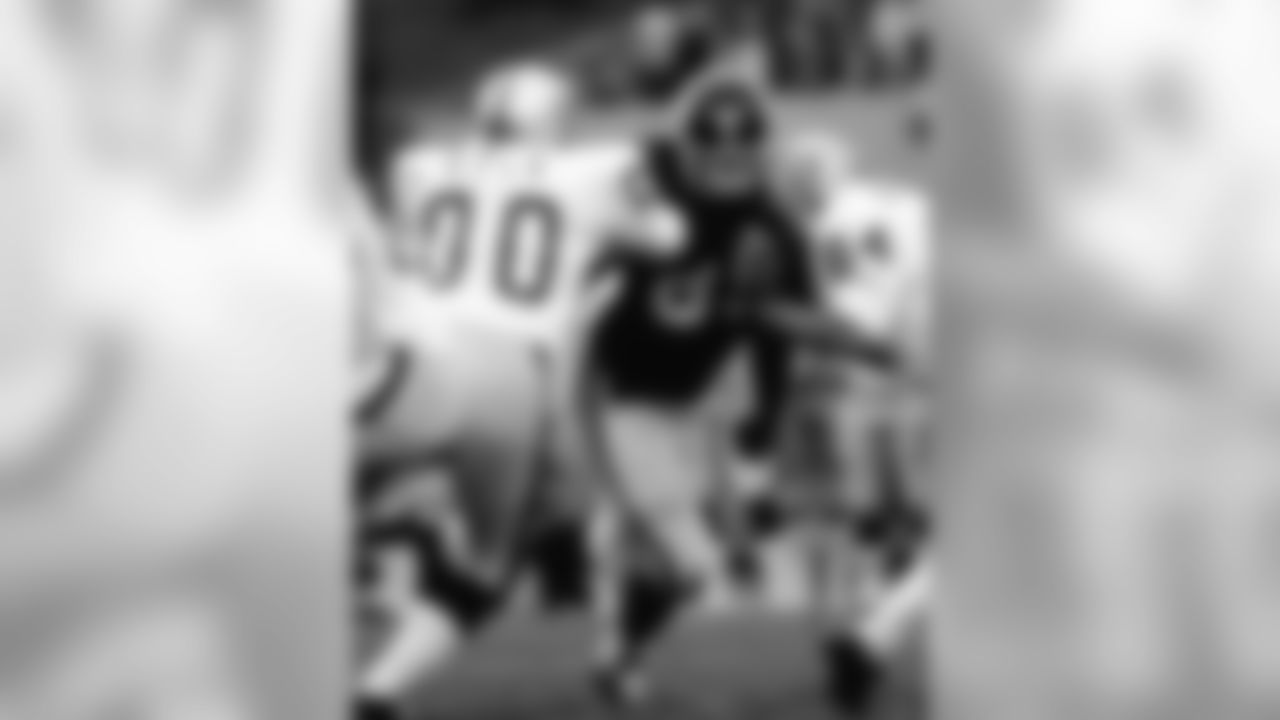
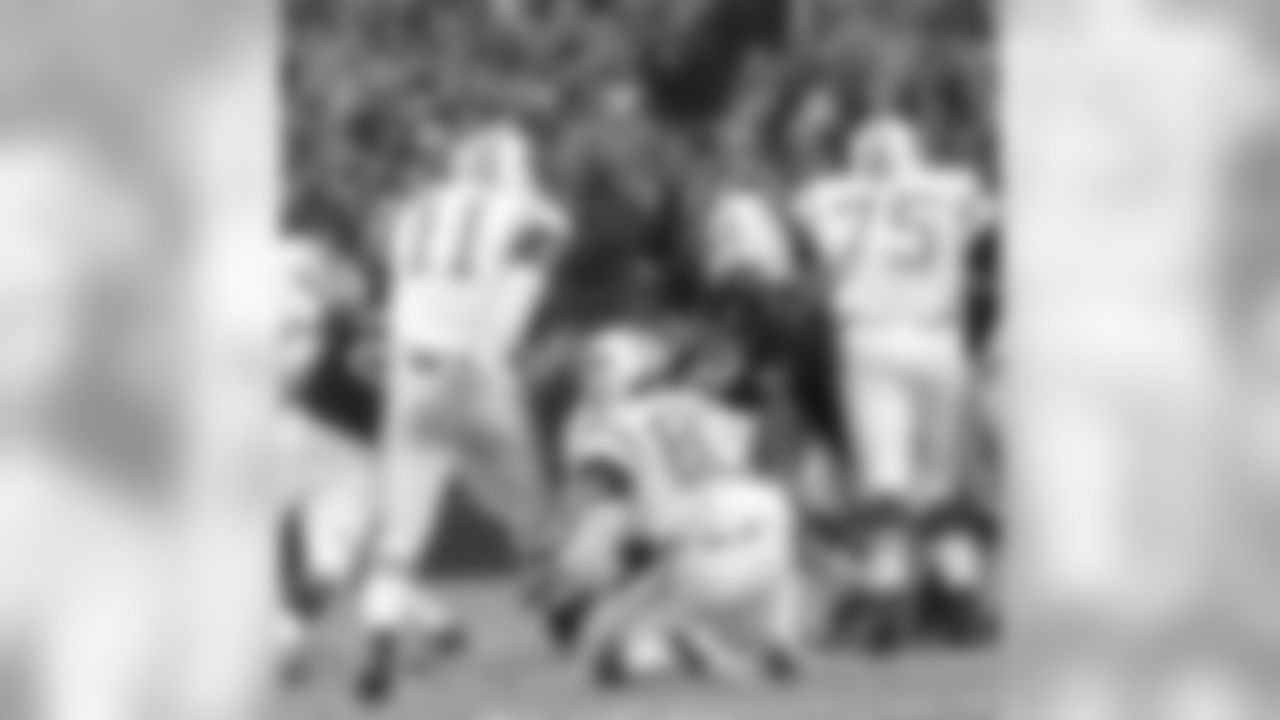

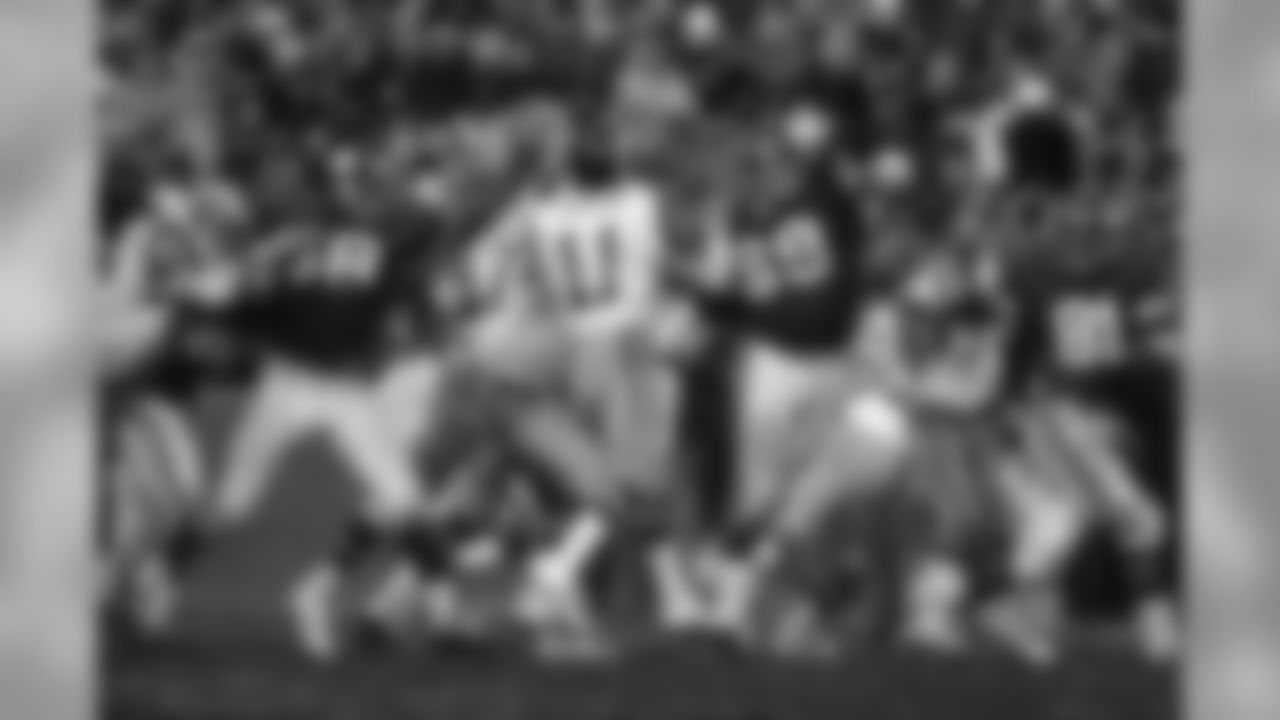

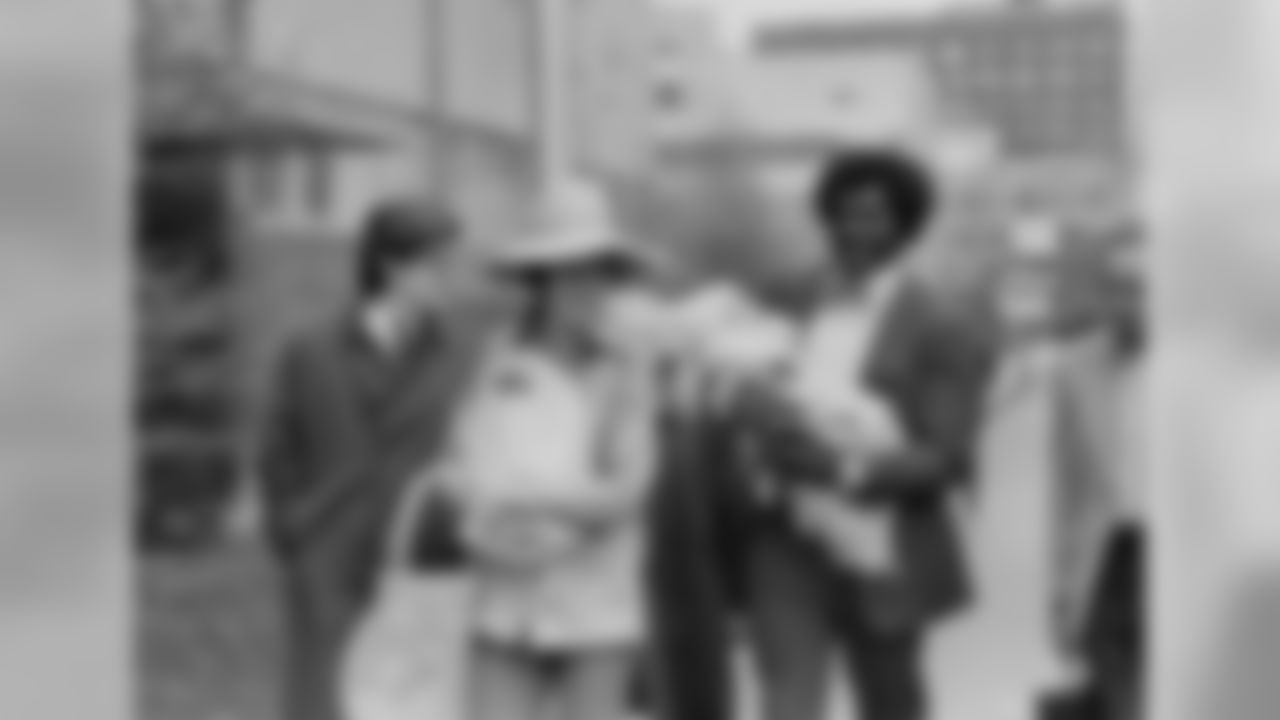
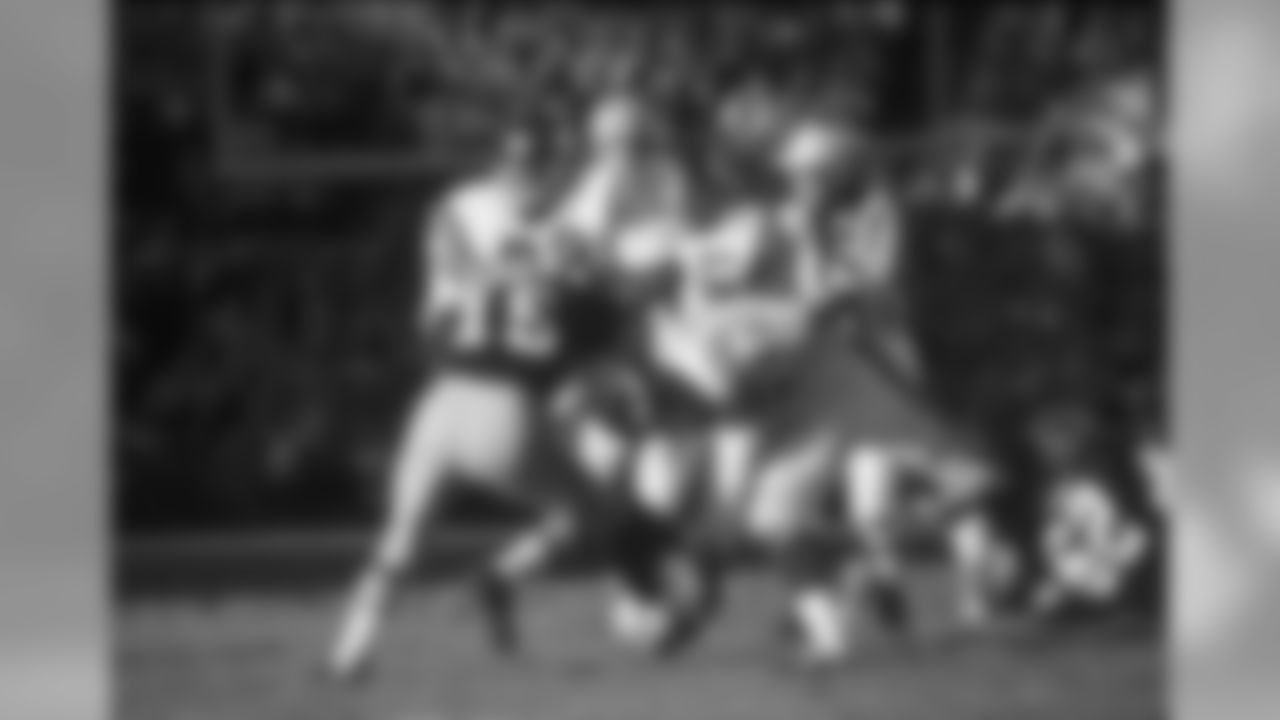




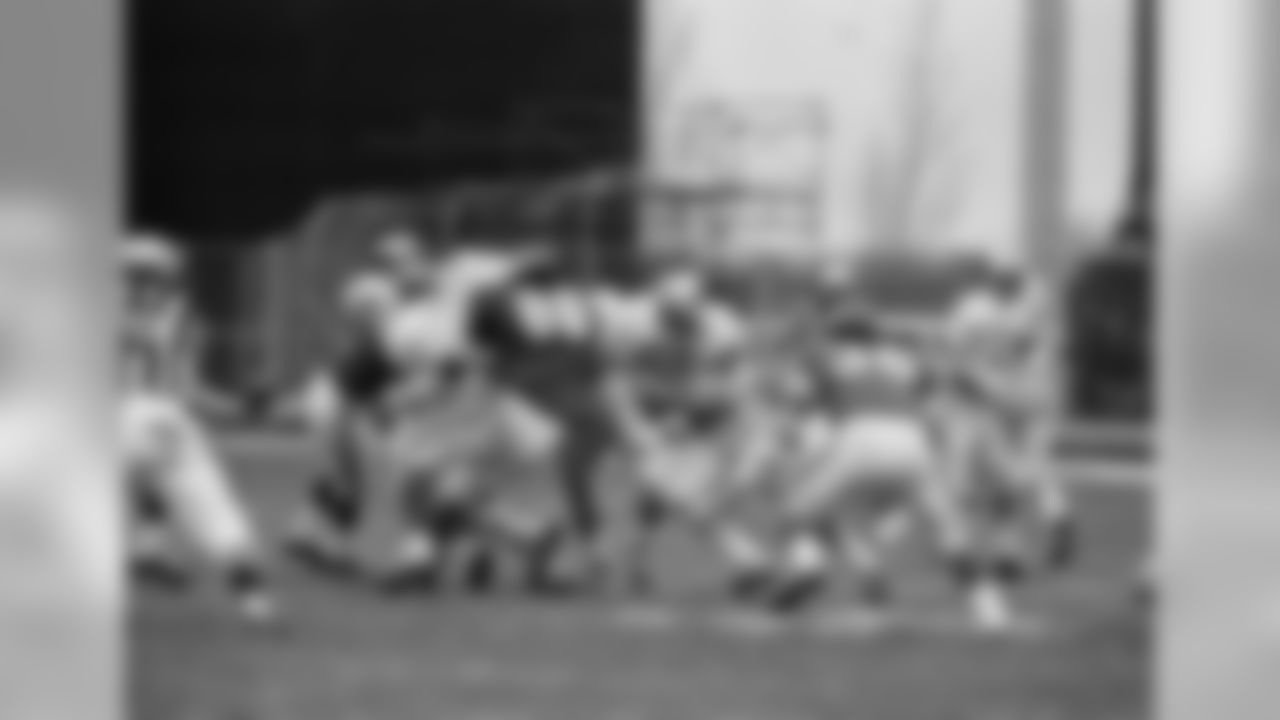
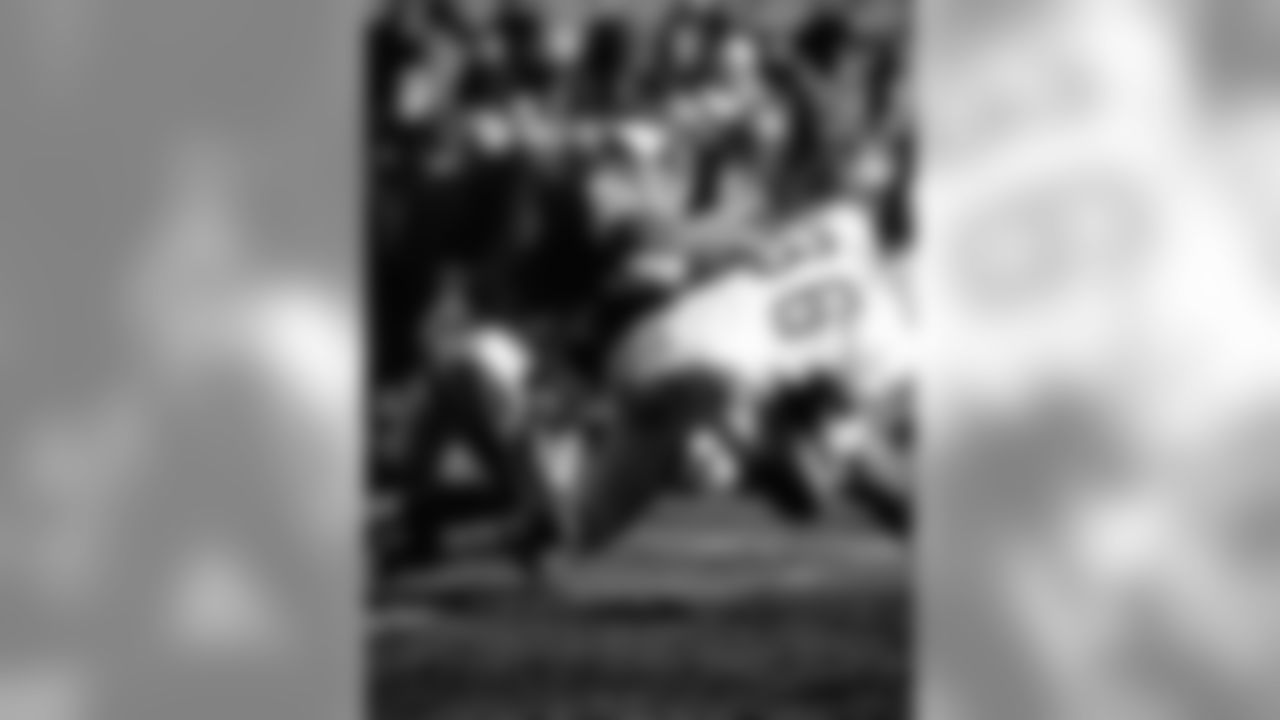

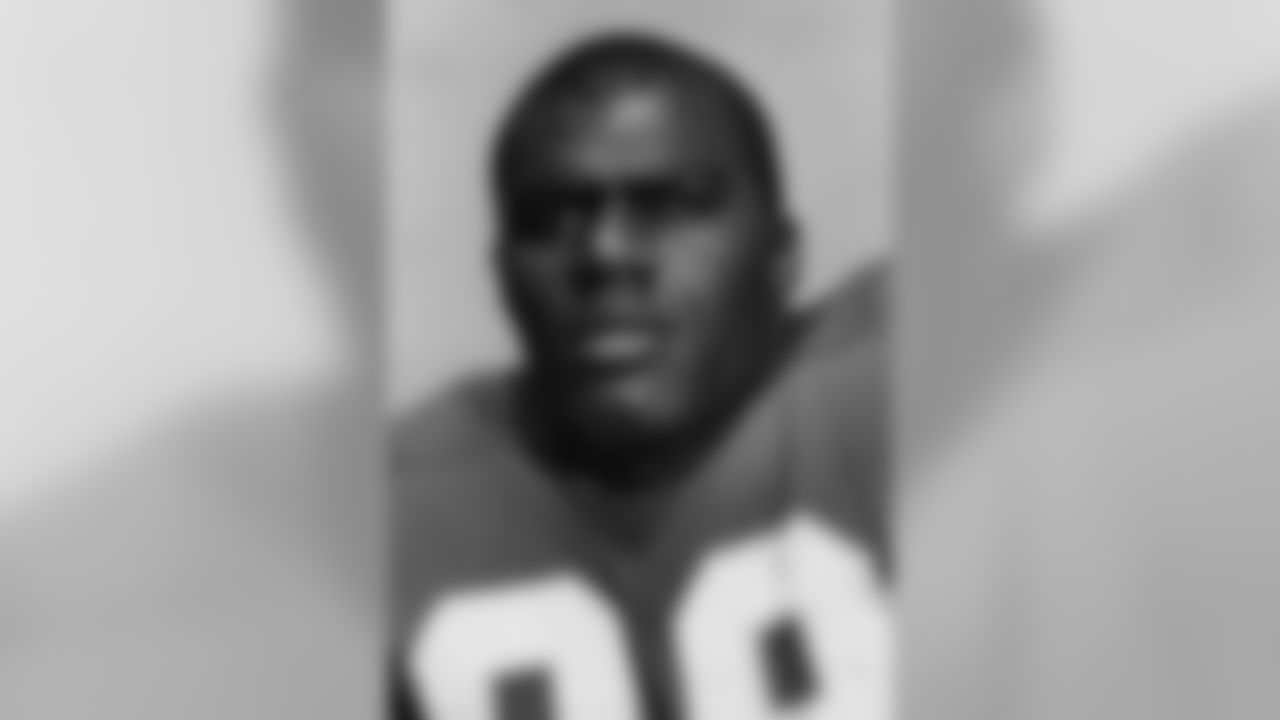
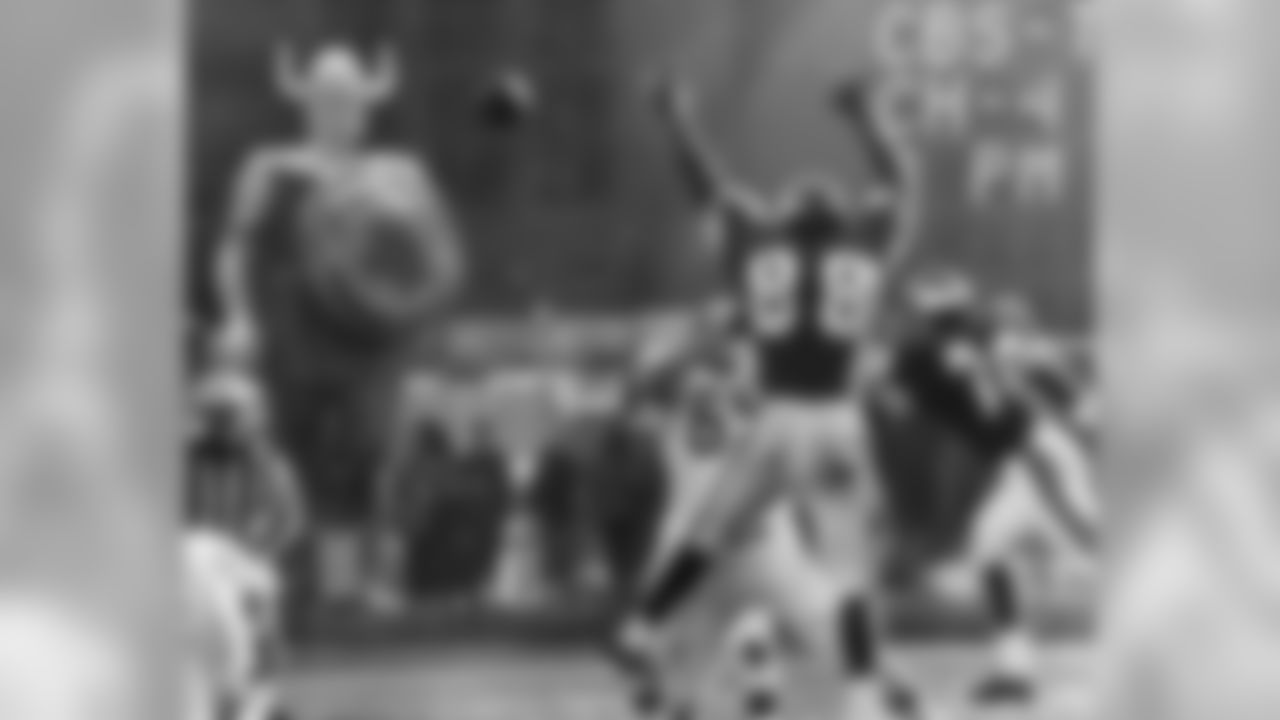
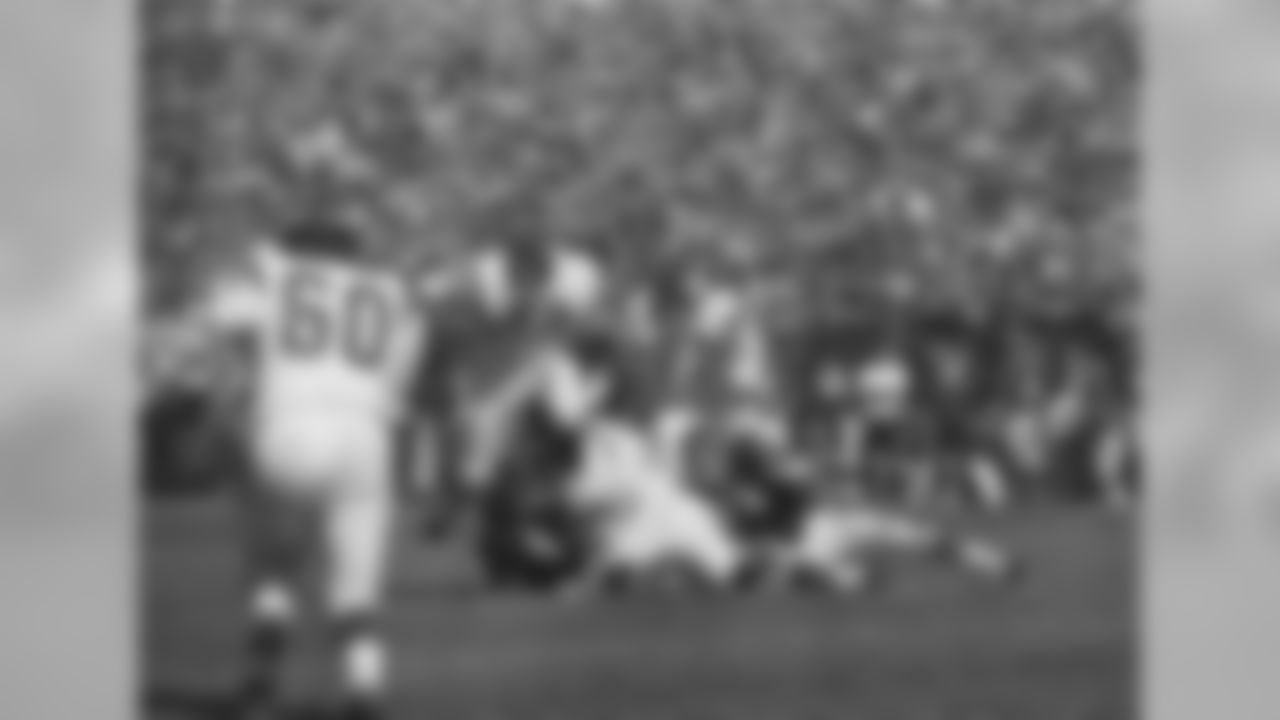
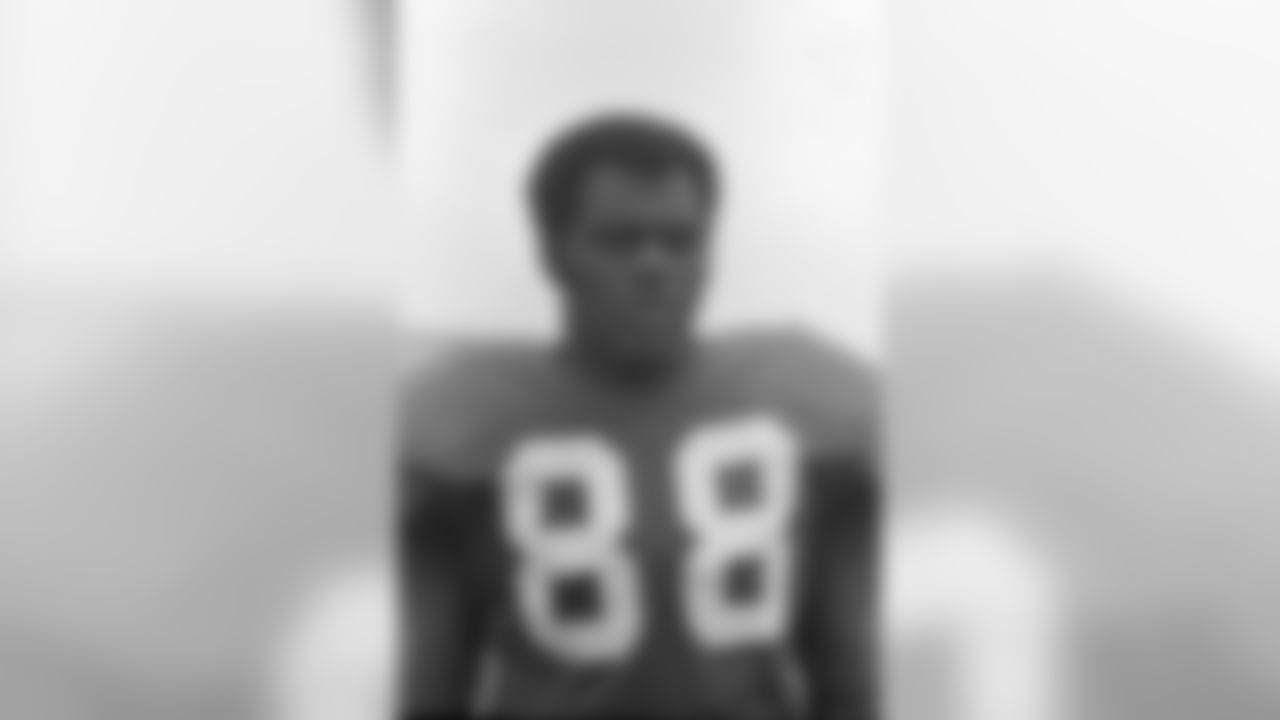
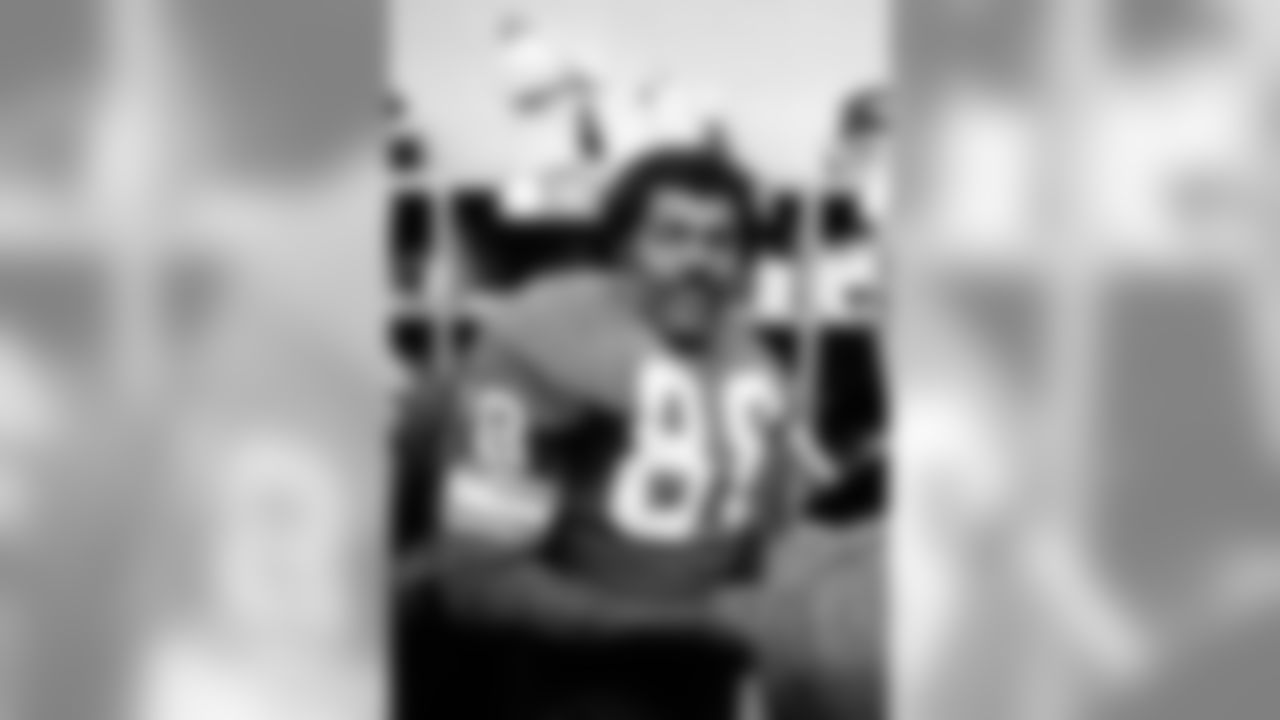
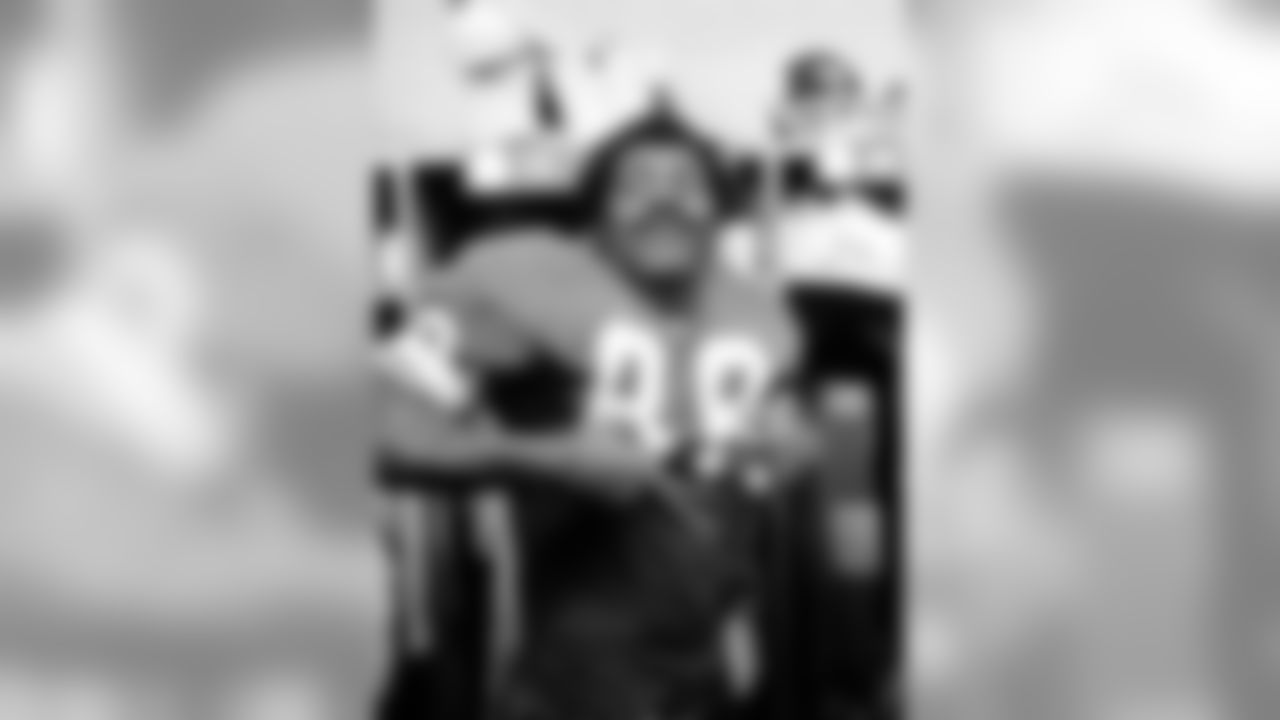
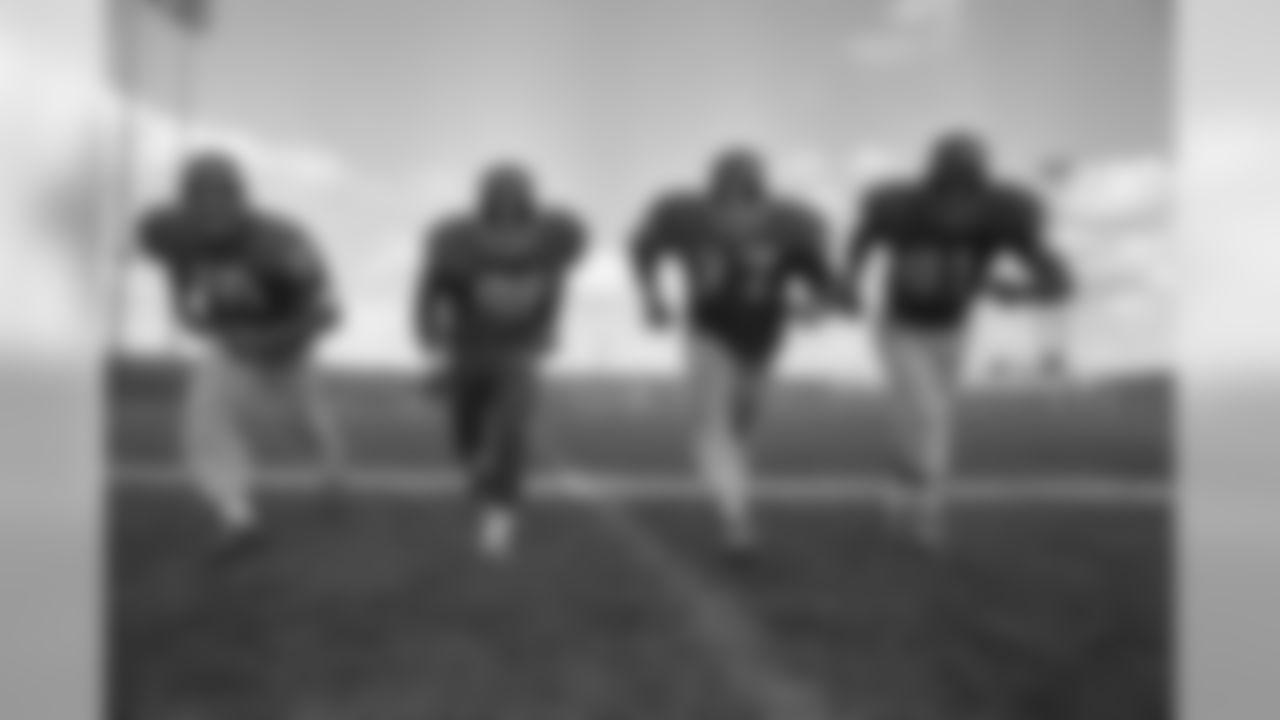


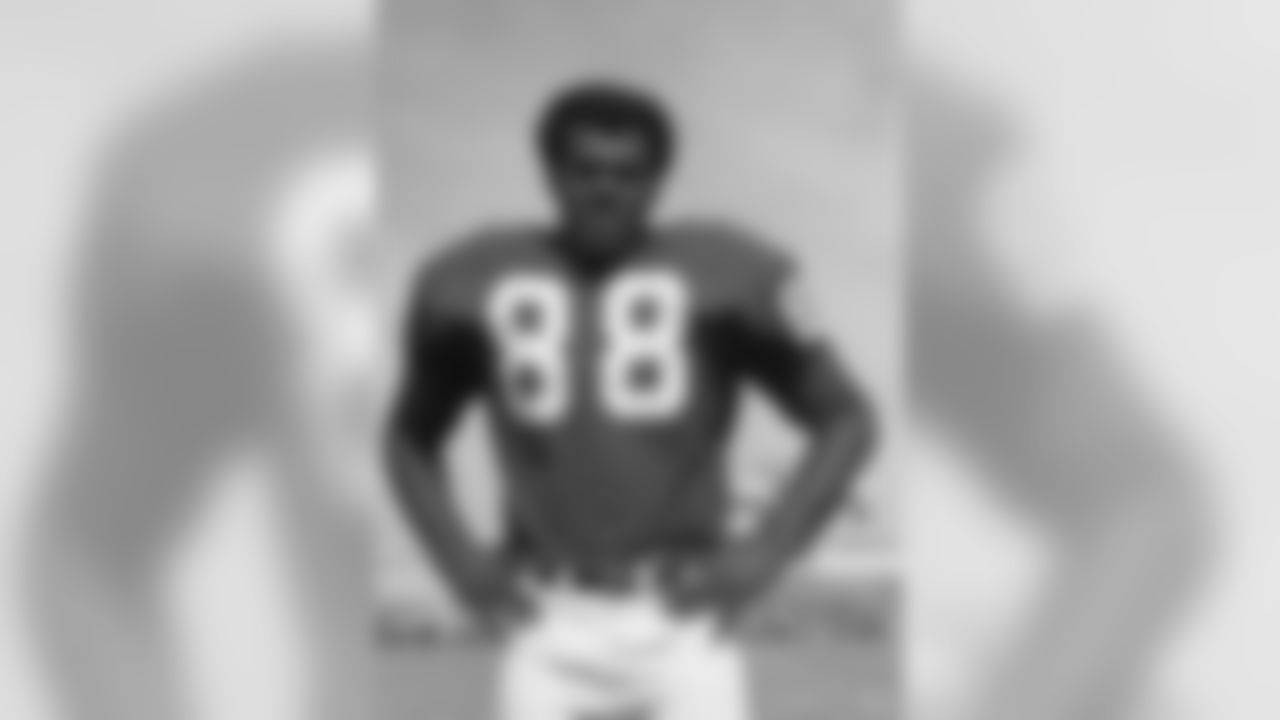
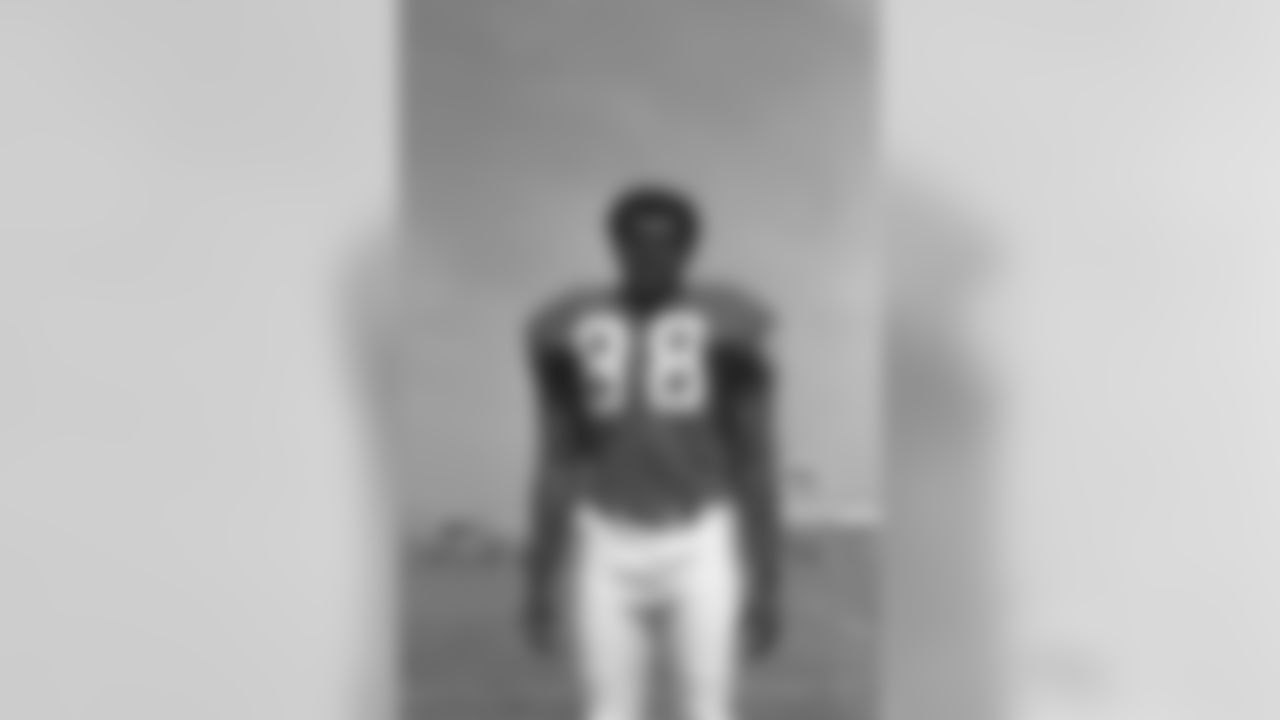

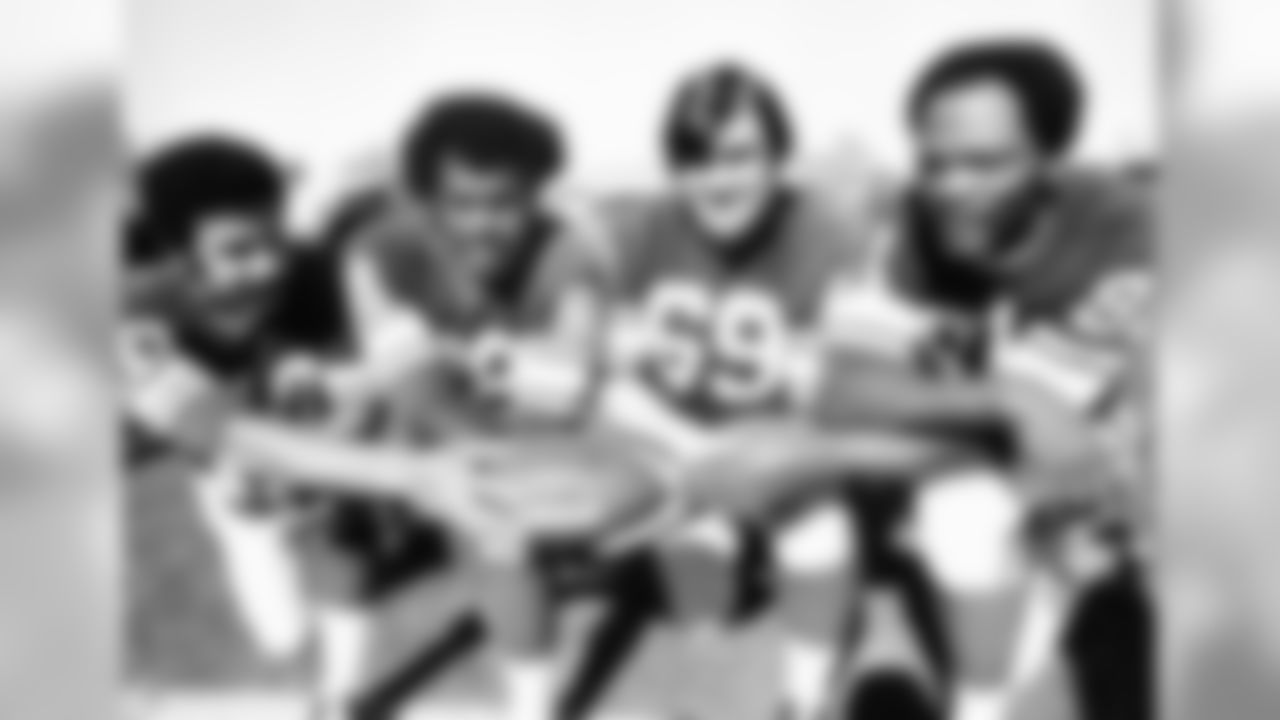
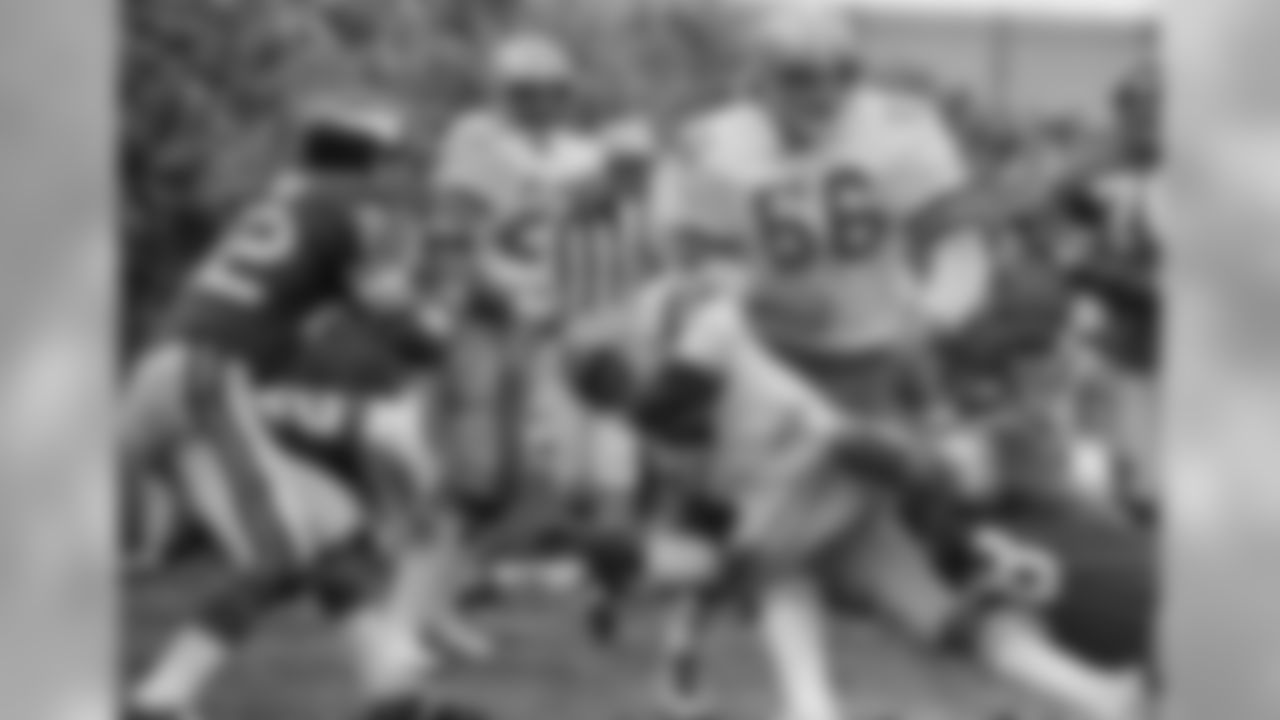

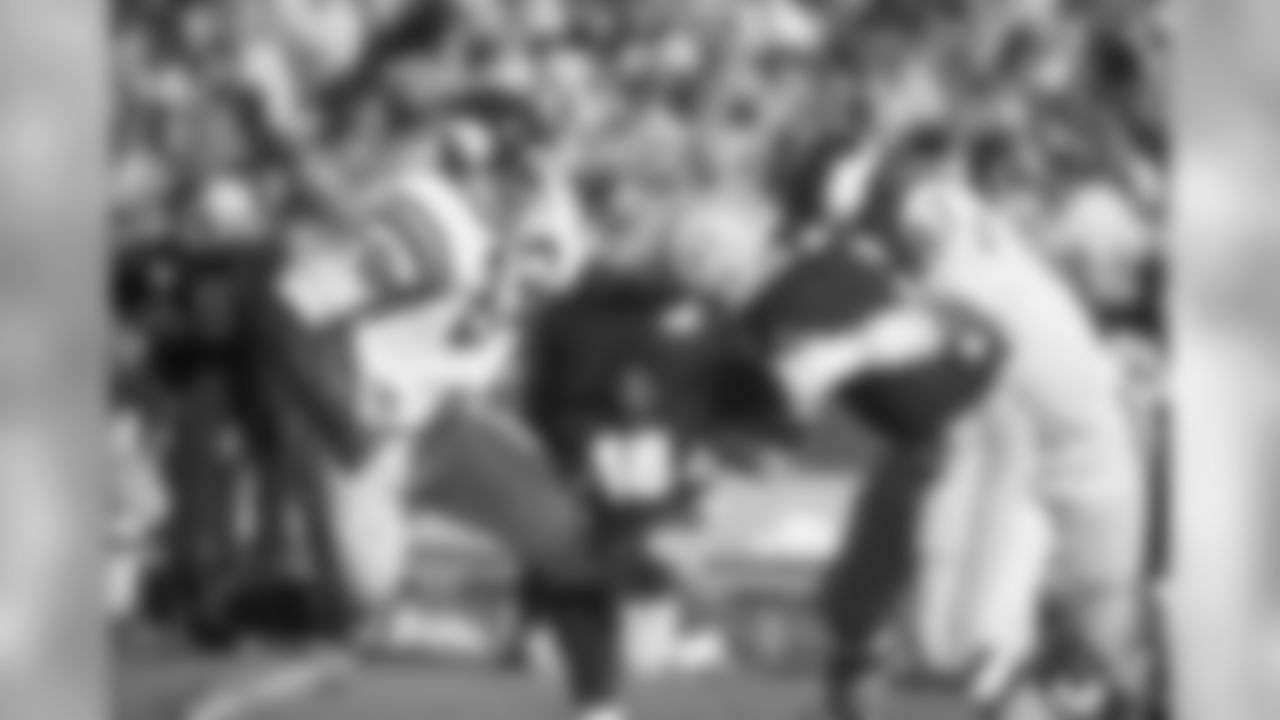
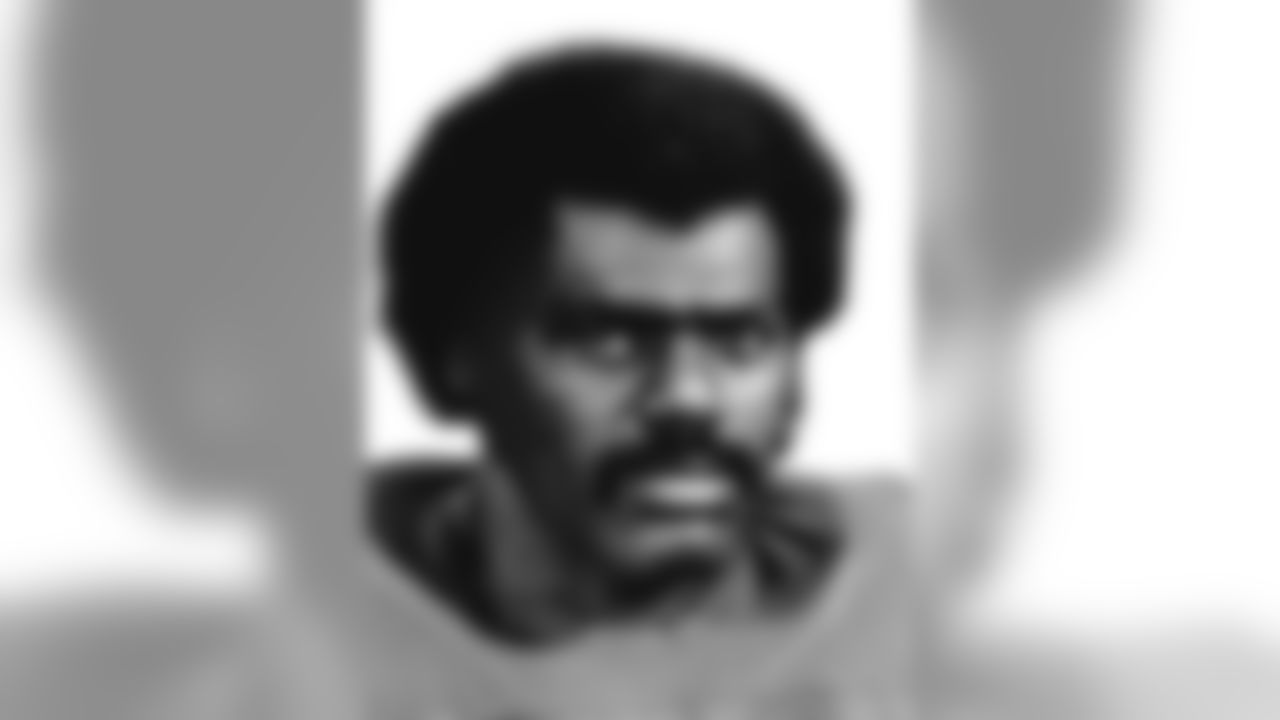
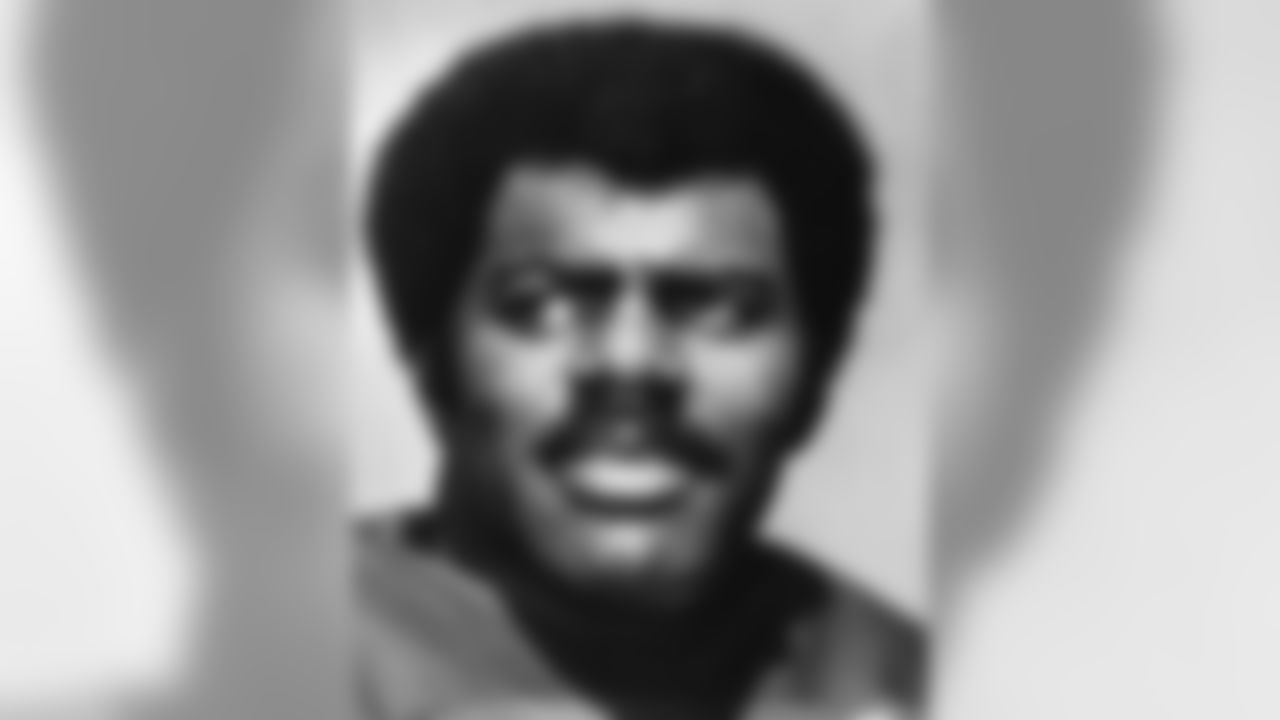






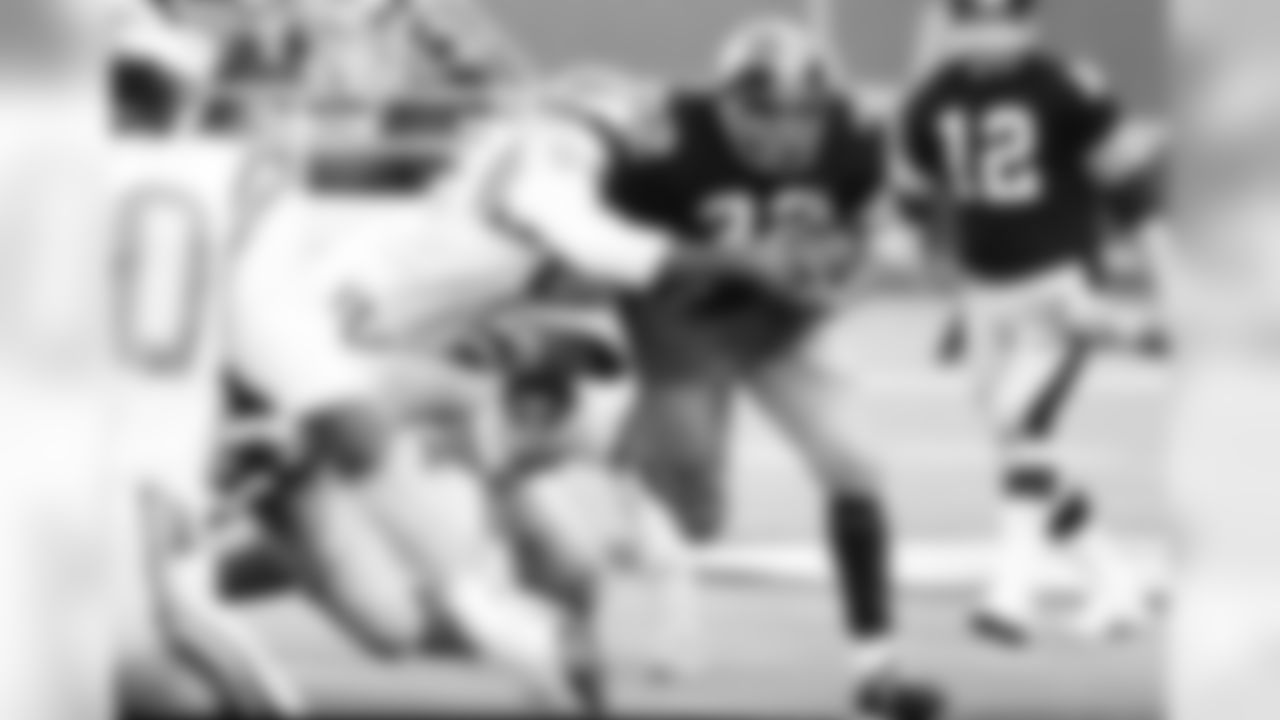
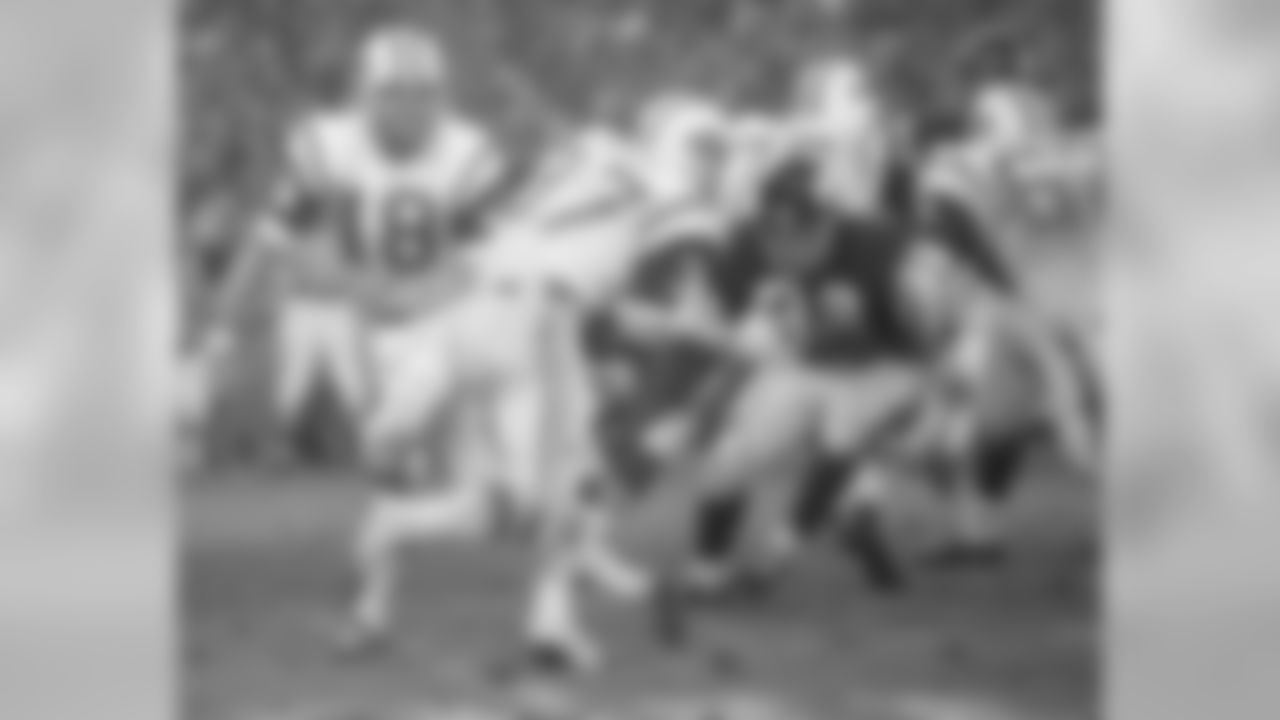
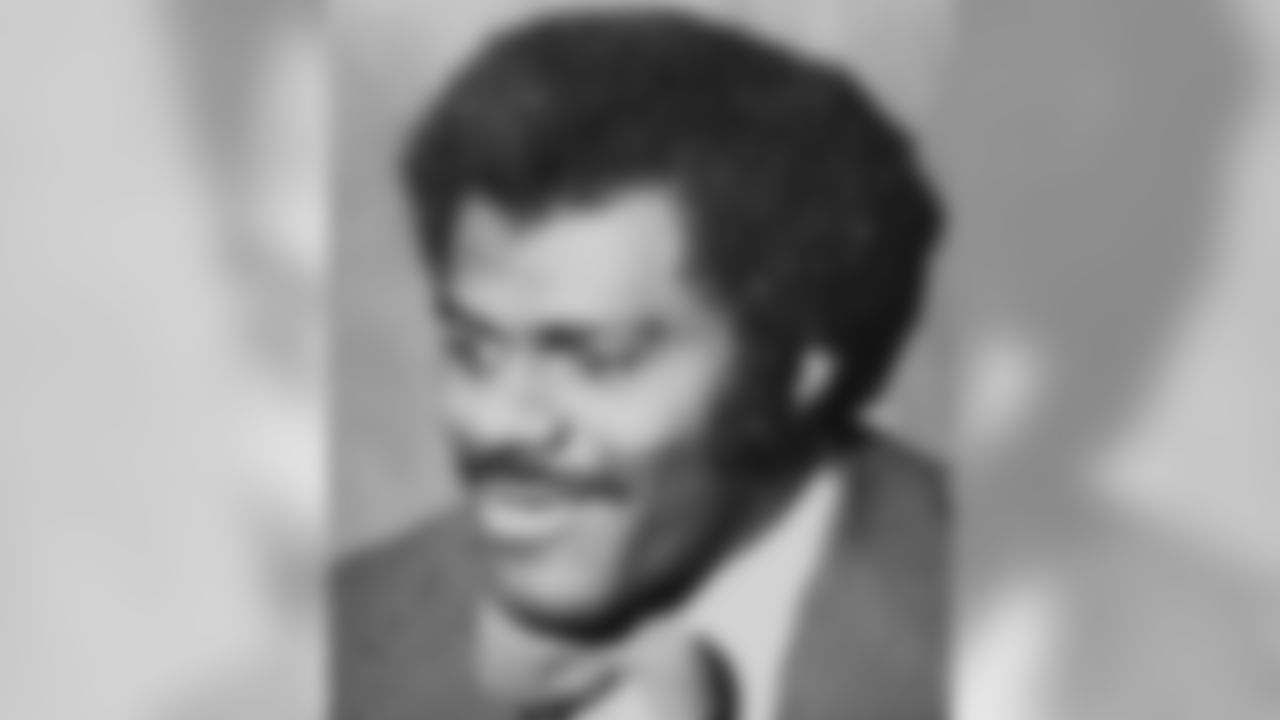





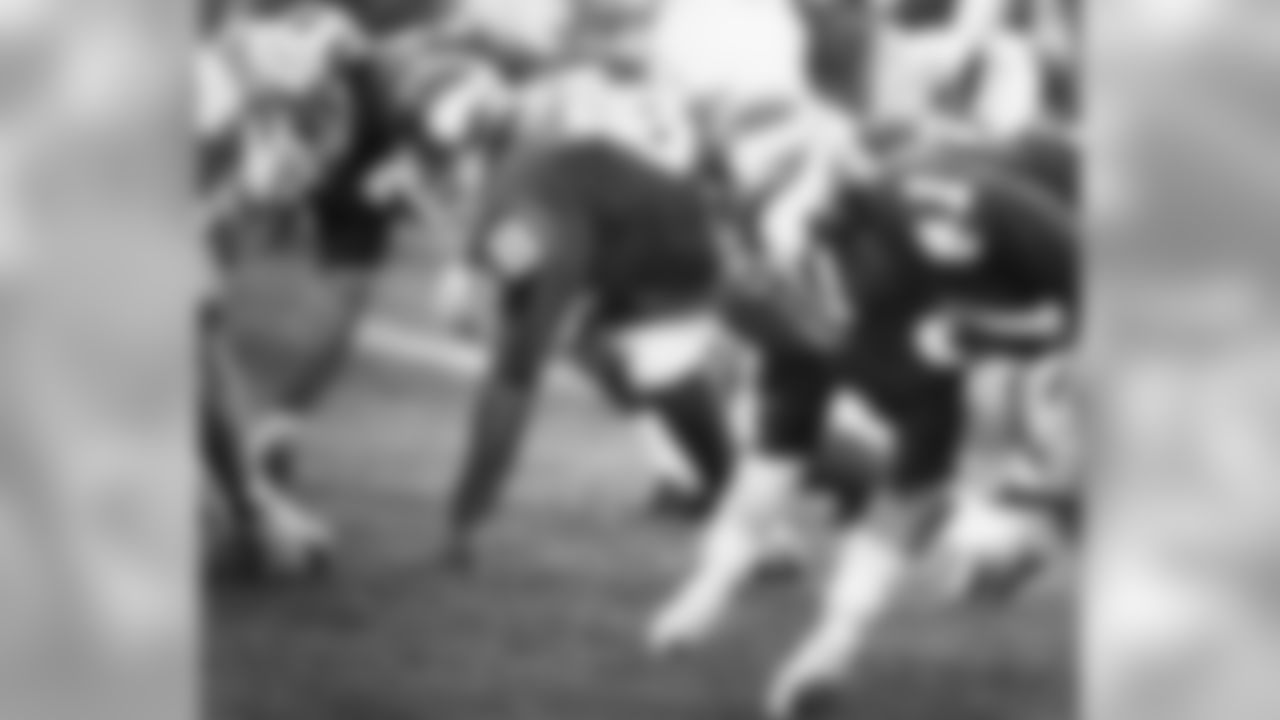
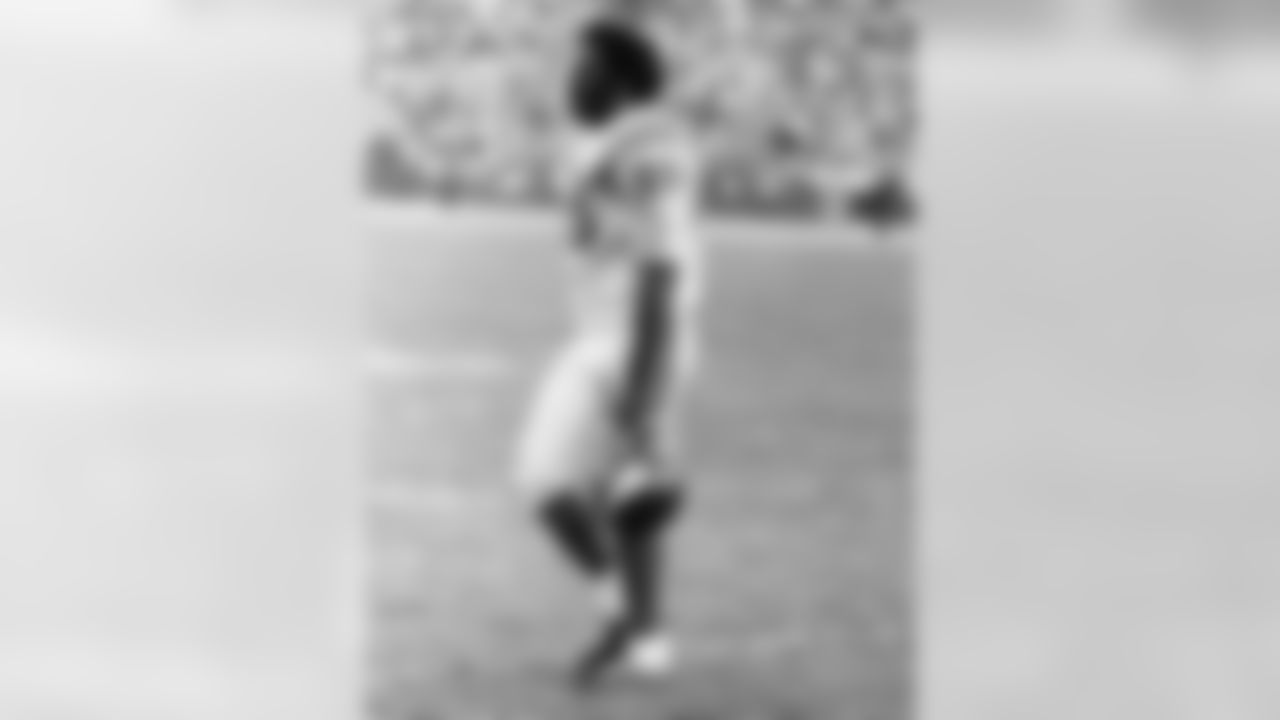
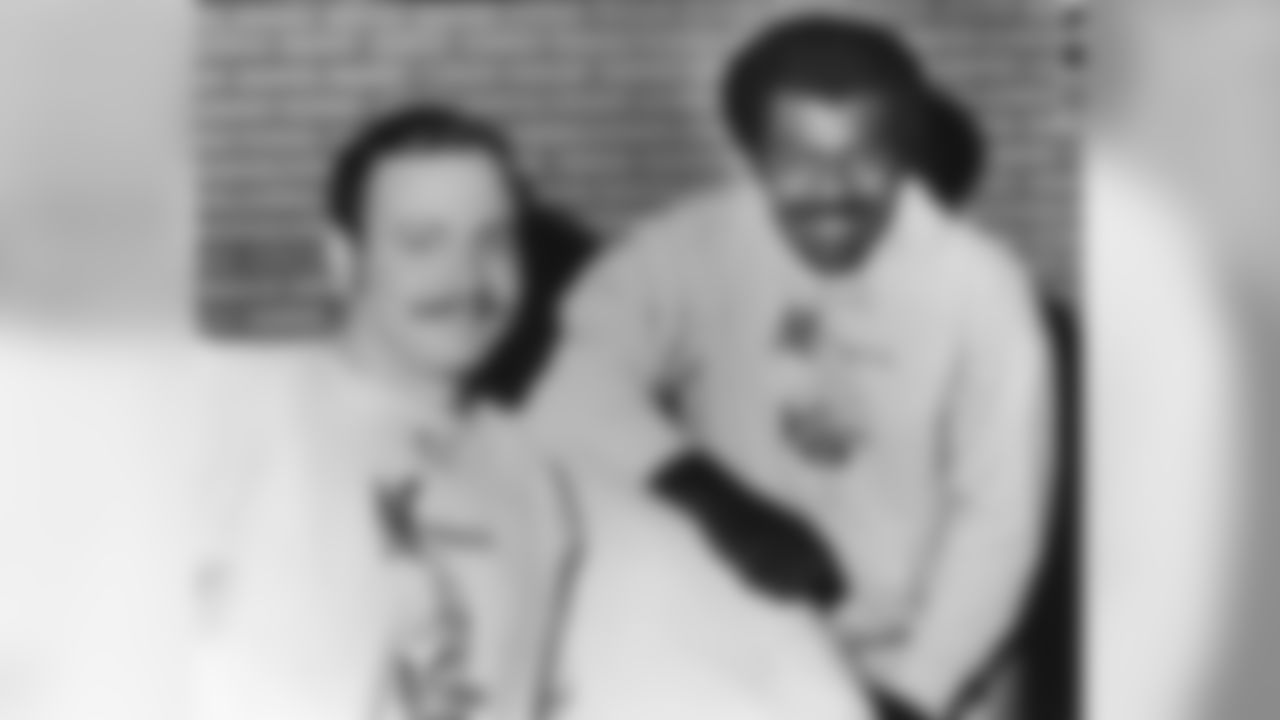


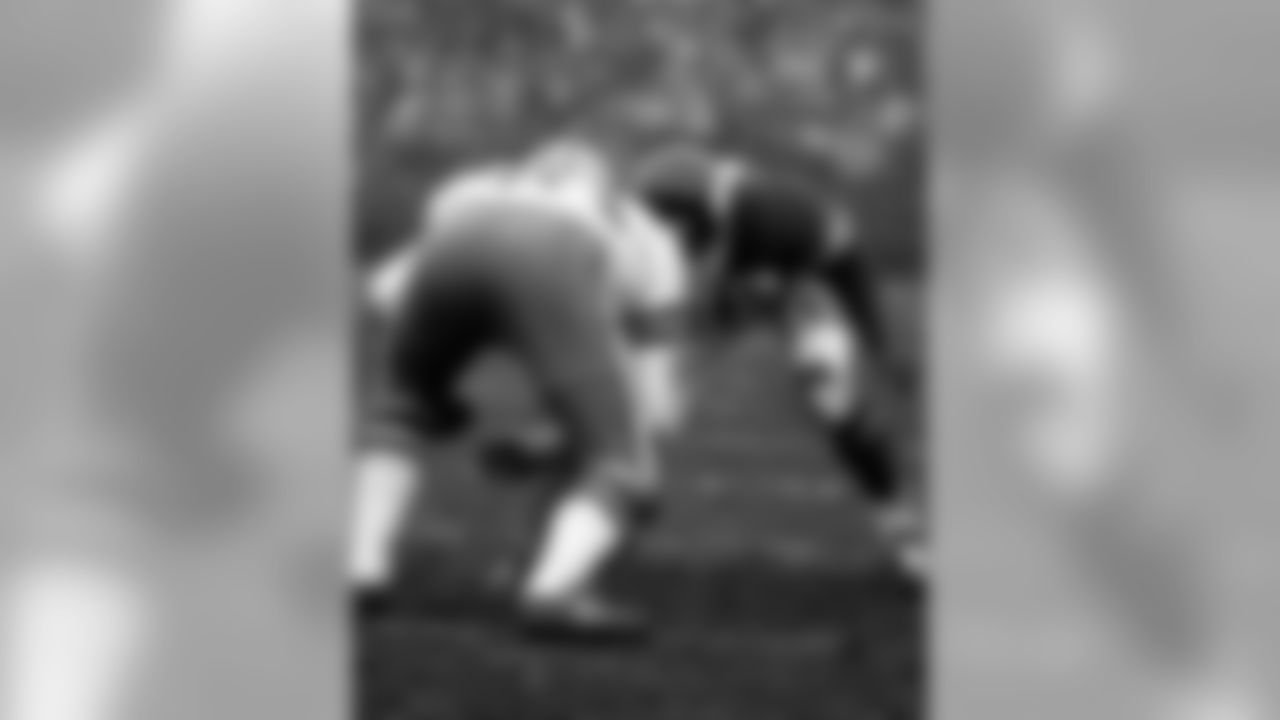



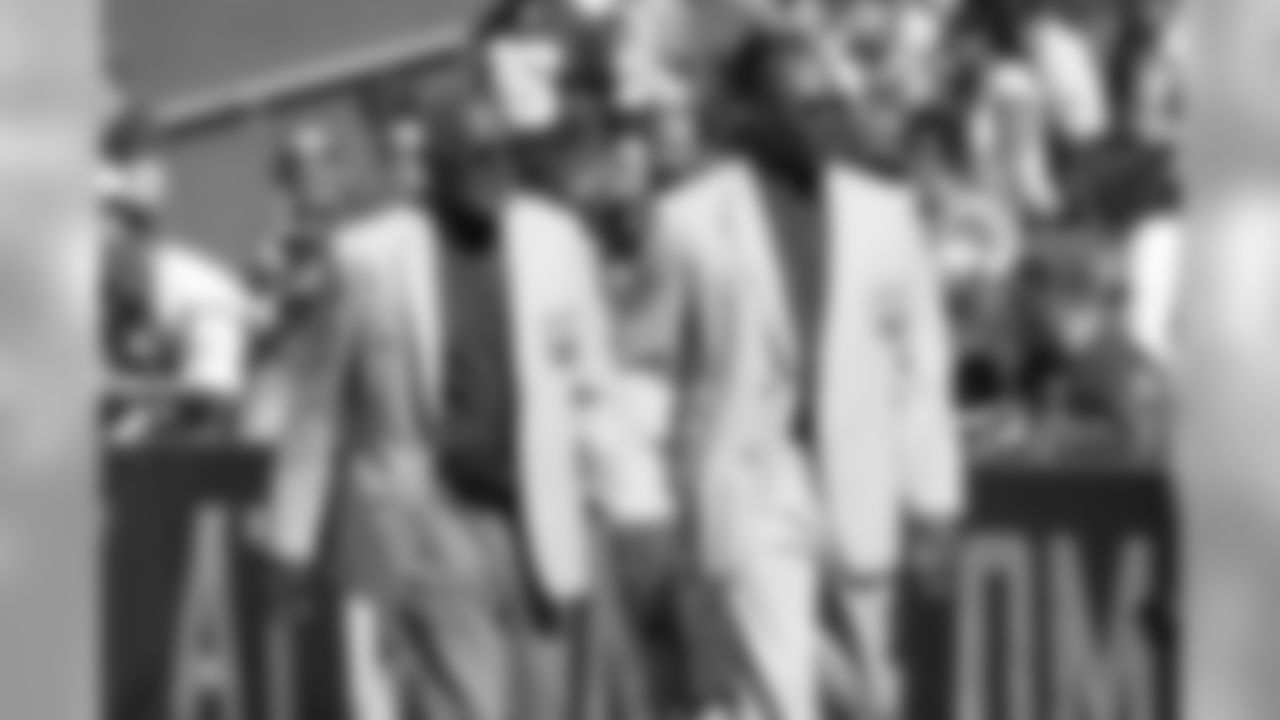

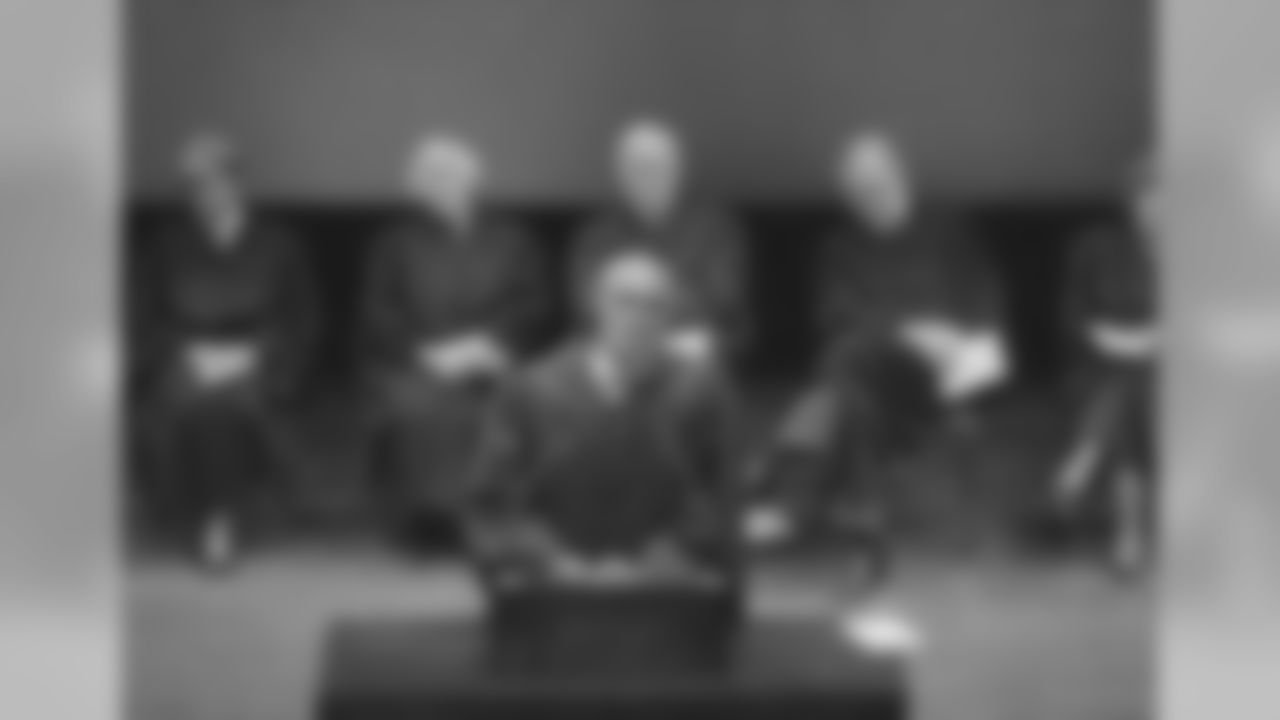



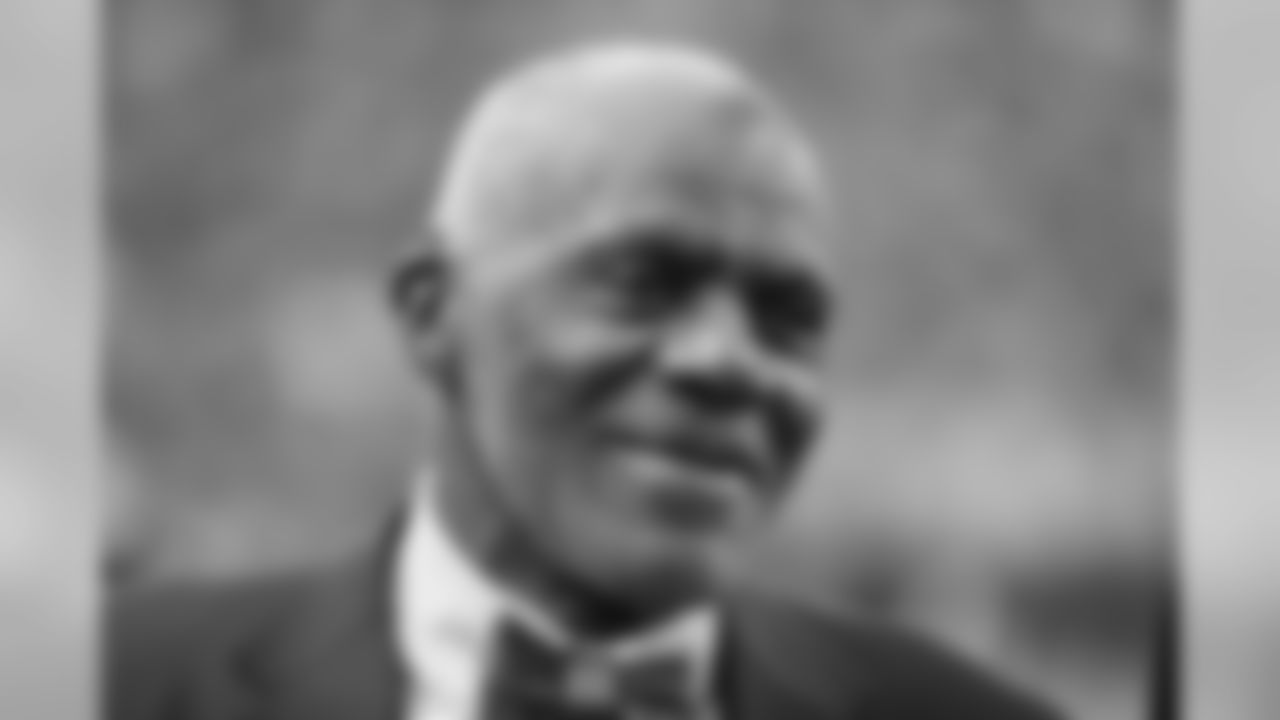







And as the end of regulation neared, Minnesota's streak appeared in jeopardy. But the Vikings wouldn't be denied.
"It's kind of strange, to have that kind of a streak," Page said. "There was some satisfaction in putting an end to their celebration. Their early celebration."
With the Vikings leading 16-14, the Lions lined up for a game-winning, 33-yard field goal with just five seconds left.
But Bobby Bryant came racing in to block Errol Mann's attempt, and the Vikings escaped with a win.
"It was late in the game. They had marched down the field," Page said. "They had an opportunity to kick a field goal … if they kick the field goal, the game is over and they finally win one. But we blocked the kick.
"They were finally going to break the streak, and I can remember them celebrating on the play before the field goal," Page added. "It was a fairly short attempt. We managed to block it."
Page, who unofficially blocked 28 kicks in his illustrious career, explained he was trying to get another on his résumé.
"I was out there trying to block it myself," Page quipped.
The win stretched the Vikings streak over the Lions to 10, a run of success that reached 13 games before Detroit was able to break through.
But Page, who never misses a moment to teach, said that November day in 1972 was another lesson learned.
"Oh, absolutely. That's the message, isn't it?" Page said. "That it's not over until the final whistle blows. Until that whistle blows, you can't count on any of it."

Few people in Vikings history have been involved in as many games as Scott Studwell.
He spent 42 total years in Purple, playing 201 regular-season games over 14 seasons as a linebacker before transitioning to a nearly 30-year career in Minnesota's front office.
Good luck getting him to pick just one win. And, wait, exactly how many victories was he involved with?
"Oh, gosh. I've been here since 1977, so do the math," Studwell said with a laugh.
Somehow, the man who was a part of an incredible 351 total Vikings regular-season wins (100 as a player and 251 in the personnel department) was able to pick just one.
And he did so by going back nearly to the beginning.
"It would probably be the first game I started as a rookie," Studwell said. "I think they gave me a game ball, probably more so because I didn't mess stuff up as opposed to making a bunch of plays.
"But, you know, it kind of felt like, after that game, I don't know if I arrived as a player, but at least I felt like I could contribute and I could be a part of this team," Studwell added. "It felt good to actually play in an NFL game as a starter."
Studwell had taken the place of Matt Blair for the Week 3 home game against the Packers, which was a 19-7 Vikings win.
And although Blair returned to the starting lineup the next week, which sent Studwell to the bench, the younger linebacker eventually started 160 total games for the Vikings.

He is one of five Vikings to appear in more than 200 regular-season games and holds team records for tackles in a game (24 against Detroit in 1985) and in a season (230 in 1981). His six consecutive seasons (1980-85) of leading Minnesota in tackles has only been equaled by Chad Greenway.
A two-time Pro Bowler who helped the Vikings reach the 1977 and 1987 NFC Championship Games, Studwell gave his all on the field for 14 seasons with the Vikings.
He then quickly transitioned to the scouting department, where he held various roles in the front office until his retirement in the spring of 2019.
Naturally, Studwell said there's a difference between getting a win as a player and getting one as a scout.
"Without a doubt. You're so hands-on when you're playing and you have control over what happens on Sunday," Studwell said. "And you feel good about the way you played or you feel poorly about the way you played.
"As a scout, you sit and watch. You're elated when you win and you're disappointed when you lose, but there wasn't a whole lot that you did, obviously, on the field other than recommend players," Studwell added.
An incredible 351 wins for Studwell in Purple. With his favorite being his first-career start.
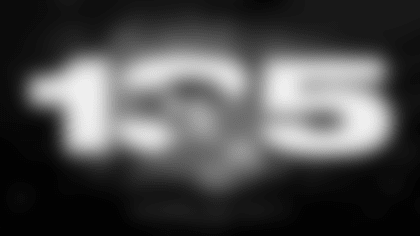
Nobody else can top Jerry Reichow on this list.
Because the man who spent 59 total seasons with the Vikings was part of the organization for an astounding 484 wins.
"I don't know who'd been there longer," Reichow said with a laugh. "It's been a long trail."
Reichow joined the Vikings before their inaugural season — and caught a touchdown pass in the inaugural game that Tarkenton recapped.
Reichow played four seasons as a wide receiver and was involved in 14 wins. He then transitioned to the front office in 1965 and spent the next 55 seasons racking up 470 wins in various scouting roles.
"I didn't know anything about anything else, so I became a scout," said Reichow, who was with the organization for nearly 900 total games. "Van Brocklin said, 'Well, I've got to let you go, but I'm hiring you.'
"And I said, 'Jeez, what was that all about?' But I started scouting that fall," Reichow added.
With so many wins to pick from, Reichow chose one from his time in the personnel department.
It was one of the most incredulous comebacks in team history, a 28-27 win over the 49ers in 1977 that featured an impressive showing from rookie quarterback Tommy Kramer.
Minnesota trailed San Francisco 24-7 entering the fourth quarter. But it was Kramer to the rescue, a player Reichow had found at Rice University the autumn before.
"I had scouted him. He wasn't considered a prospect, really, until his senior year," Reichow said. "I went down to a Texas A&M-Rice game. Kramer would throw three or four passes — boom, boom, boom — and they would be in the end zone. That went on all day.
"So I got back and I talked to Frank Gilliam, who was one of the top [scouts], and I said, 'Go down there and find out what you can about this guy … he just put on a show,' " Reichow added. "So he did and came back and said, 'Oh boy, he's really good.' So, we drafted him in the first round."
Kramer hardly played before the 49ers came to town, and he didn't start the game, either.
But he relieved Bob Lee (who started in place of an injured Tarkenton) early in the fourth quarter and led a wild comeback with three touchdown passes in a 12-minute span.
"It was cold, so cold. They finally let him play a little bit in the fourth quarter," Reichow said. "And I'm thinking, 'Oh boy, here's a kid from Rice, down South, what's he going do to in this weather?'
"He gets in there and wins the game," Reichow added. "I said, 'Whoa!' This guy surprised me in the cold weather."
The win helped the Vikings secure the NFC Central and make a deep playoff run.

And it gave Reichow, a staple of the Vikings organization, a game he would never forget.
"When I started all this stuff, I had no idea I'd be around this long," Reichow said.

This game hardly needs an introduction.
To Vikings fans young and old, it will forever be known as "The Miracle at The Met," Which landed in the "NFL 100 Greatest" top plays in the league's first 100 seasons.
It was Week 16 of the 1980 season, and the Vikings and Browns each led their respective divisions.
Greg Coleman remembers it all.
"We had a phenomenal team that year, but we had been hobbled by injuries and we needed this game to get to the playoffs," Coleman said.
The Vikings trailed 23-9 late in the fourth quarter before Minnesota scored back-to-back touchdowns to pull within one point.
Cleveland punted late near midfield, but the ball fluttered into the end zone for a touchback. The Vikings, who trailed 23-22 with just 14 seconds left, started at their own 20-yard line with zero timeouts.
Coleman detailed the first play, which gained 34 yards and left five seconds on the clock.
"We start on the 20-yard line. It was a seam route to Joe Senser. Joe catches it, and it was the ol' hook-and-lateral," Coleman said. "Joe catches it, and Teddy Brown is scooting around, and he tosses it to Teddy, and Teddy gains another 25 to 30 yards and gets out of bounds."
That set up one final play — a 46-yard touchdown pass —that etched Kramer and Ahmad Rashad in Vikings lore forever.
Kramer dropped back before lofting up a prayer of a pass into a crowd of players from both teams near the 5-yard line. The ball was tipped up in the air before Rashad swooped in to corral the pass as he glided into the end zone.
"It happened in slow motion. Tommy goes back, the line is blocking their behinds off, and Tommy heaves it up," Coleman said.
"Wouldn't you know it, Ahmad Rashad comes in with a one-handed grab and pulls it in," Coleman added. "It was all bedlam. We nearly lost our minds. That regular-season game gave us the NFC Central division, and we went on into the playoffs."

The stunning 28-23 win ensured Minnesota's 11th trip to the playoffs in a 13-season span.
But this win was more than that, as it cemented itself as one of the most legendary games (and most iconic plays) in Vikings — and NFL — history.
"We tore the roof off. There was no roof on Old Met Stadium, but we tore the roof off of that sucker," Coleman said. "We had fought back, we were the underdogs and nobody gave us a snowball's chance in Havana.
"We were jacked up. Nobody left the Old Met; we stayed in the parking lot and tailgated all night long," Coleman continued.
"You see the jubilation of the men in Purple, and then the [reaction from the] men in orange and white, the contrast was night and day," Coleman added.

Randall McDaniel started 188 regular-season games for the Vikings over a dozen seasons.
Once the Hall of Fame left guard got into the starting lineup, he essentially never left.
"For me, it has to be the very first game I ever played," McDaniel said. "1988, my rookie year, the second game of the season. Playing New England. As they said, it always starts with the first one."
The 19th overall pick in the 1988 NFL Draft out of Arizona State, McDaniel was actually on the bench for Minnesota's season opener as a rookie.
But he quickly jumped into the starting lineup in Week 2 — replacing Dave Huffman at left guard — and never looked back.
"I wasn't nervous. Being a rookie and watching everyone play, I knew I could play the game. It was just getting that opportunity to get on the field," McDaniel said. "Fortunately, I got it for the second game of the season. Being a little cocky, I was pretty sure once I got in there, I wasn't coming out."
McDaniel hardly did, as he started the next 18 games before being sidelined for Week 6 of the 1989 season. But he returned the following week, and that led to an incredible streak of 202 consecutive starts, including 170 with the Vikings.
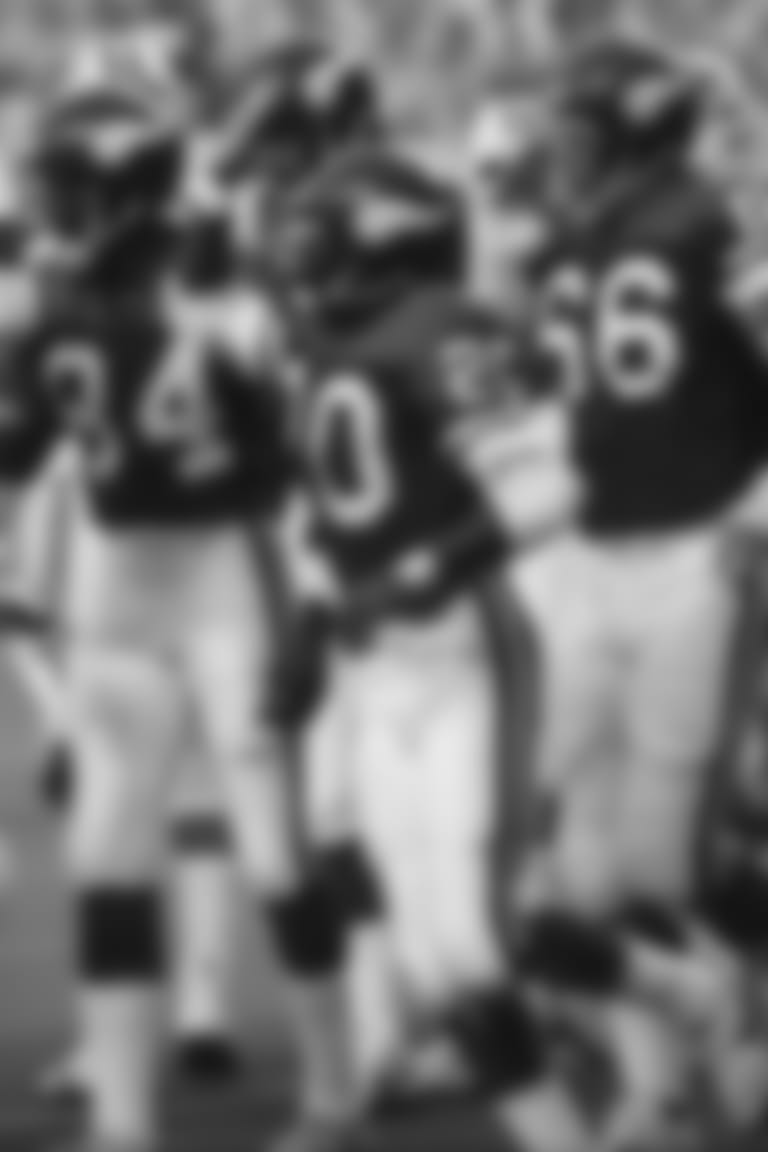
The Vikings rolled to a 36-6 win over the Patriots, one of their most complete games of the entire season.
For McDaniel, the win was also the beginning of his signature look, too.
"One thing I remember is that the week before that game, I got poked in the eye. The dark shield went on the day before the game," McDaniel said. "I had an eye patch covering one eye, so I couldn't see out of one eye. That whole game, I'm playing well, but the guy had no clue I couldn't see if he ran stunts the opposite way.
"Fourteen years later, when I retired, the shield was still on," McDaniel added.
McDaniel did just fine as Minnesota racked up 415 yards of total offense. The Vikings found their stalwart left guard, too.
"Once I got it, the guy I took the spot from, I thought, 'You're never going to see that job again,' " McDaniel said.
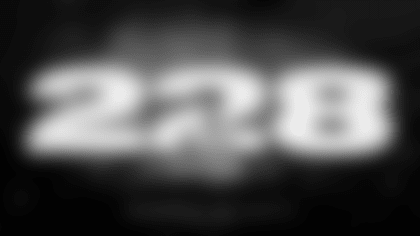
Good luck finding a more beloved member of the Vikings organization than Dennis Ryan.
The Vikings longtime equipment manager, who has been with the team in some capacity since 1975, has seen plenty of wins, too. Three hundred and sixty-eight of them so far.
In a cruel twist of fate, Ryan actually wasn't in attendance for No. 500 after he tested positive for COVID-19. That absence ended a streak of 705 consecutive games (and 351 straight home games) in Purple. Zimmer set aside a game ball in Ryan's honor for his longtime service.
"Being that it was a win, that makes it a lot better," Ryan said in November. "It was disappointing to not continue it, but I was fortunate enough to have the health and good fortune to be able to go that long.
"It was a combination of luck and having good health all these years," Ryan added.
Ryan's favorite win came on Christmas Day in 1989 in the regular-season finale on Monday Night Football against the Bengals.
"It was monumentally important to both teams," Ryan said. "If either team won, they were in the playoffs. If either team lost, they were out.
"The buildup was immense," Ryan added. "And the last game of the season, there was nobody playing after us. It was a lot of fun."
The game had plenty of emotion, too, as Minnesota built a 22-7 halftime lead but saw that advantage slip away in the second half.
Leading 22-21, the Vikings faced fourth-and-goal at the Bengals 1-yard line with just over four minutes left.
Vikings Head Coach Jerry Burns didn't back down, choosing to go for the touchdown over a field goal.
The move paid off when Wade Wilson lofted a 1-yard touchdown pass to Brent Novoselsky in the back right corner of the end zone. It was the second and final career touchdown catch in the tight end's 98-game career.

And not only did the win clinch the NFC Central for Minnesota at 10-6, but it also kept Green Bay out of the postseason, despite the Packers having the same record.
"We were throwing T-shirts and caps out, and whatever else," Ryan said. "It was a big celebration … just a really nice end to the Christmas night.
"Winning the division is huge," Ryan added. "And, you know, maybe there's a little extra juice if Green Bay falters."
Ryan has been on the sideline for roughly 75 percent of the 935 regular-season games in Vikings history.
He's one of the best in the business, too, always making sure players and coaches have what they need to be at their best on game day.
"500 is a big number, and I've been fortunate enough to be a part of many of those wins," Ryan said. "It means a lot to me to be a part of this organization … I'm really just fortunate to know I've been here this long.
"Anyone could have done it, but I'm the fortunate one to have been able to do it," Ryan added.

If John Randle didn't have to pick just one win for this exercise, he would have picked each and every victory over the Packers at Lambeau Field.
"Their fans talked so much smack," Randle said. "To see their fans leaving the stadium disappointed, to me, was like getting a big bowl of ice cream."
But if we're talking one specific game, one that sticks out in Randle's mind actually came against, of all teams, the Bengals.
Minnesota was a playoff team in Dennis Green's first season as head coach, with the Vikings going 11-5 and winning the NFC Central.
Cincinnati, meanwhile, struggled to a 5-11 record, so perhaps the lopsided 42-7 score wasn't a surprise.
Yet if you're looking for a reason why the Vikings dominated the Bengals in their biggest margin of victory that season, Randle has the answer.
And it all had to do with how Bengals quarterback Boomer Esiason, who had won the NFL MVP award in 1988, broke the huddle and approached the line of scrimmage.
"Boomer thought he was so smart against us," Randle said. "He thought he had everything covered, and the offensive linemen didn't really give anything away.
"But we figured out that every time his chin strap was double-strapped, it was a pass," Randle added. "And [if he buckled just] one strap, it was a run play."

A subtle detail that made all the difference for a Vikings defense that intercepted Esiason four times and sacked him on five other occasions.
Todd Scott recorded three picks for the Vikings, while Audray McMillian had the other. Chris Doleman sacked Esiason twice, and Randle, Al Noga and Henry Thomas also got to the quarterback.
Esiason, who was benched in the third quarter, compiled a passer rating of just 25.4 — his fifth-lowest in 187 career games. Esiason threw four interceptions in just three other games in his career.
Minnesota held Cincinnati to just 178 yards of offense and only 65 net passing yards.
Randle chuckled when recalling one of the most enjoyable games of his career, just as the Pro Football Hall of Fame defensive tackle laughed on that September day back in 1992.
"They couldn't figure out how we knew it was a run or pass," Randle said. "I remember after the game, they were trying to ask us how we knew it was a run or pass. We were laughing about it throughout the game."
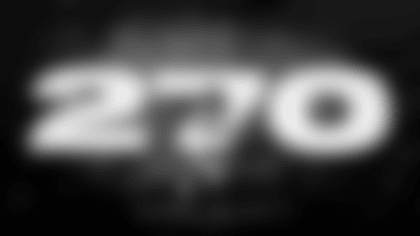
Nearly 30 years later, Cris Carter isn't sure which he loves more.
His thrilling walk-off touchdown to beat the Bears, or the incredible golf trip he got out of that overtime score. Both rank high on his all-time achievement list.
Let's get to the game first. It was Week 14 of the 1994 season, with the Vikings and Bears battling for first place in the NFC Central on a Thursday night.
"The combination of [it being] in overtime, a division rival who you hate, so much being on the line," Carter said. "But the ability to do it at home gave it the edge over some great wins that I was very proud to be a part of."
With the game tied at 27 after regulation, the Bears drove down the field but missed a 40-yard field goal wide left.
Two plays later, Carter ended it. He moved in motion from the left side of the formation to the right, initially streaming into the flat before bursting up the sideline.
Carter slipped through one tackle and outran safety Shaun Gayle, one of Carter's former teammates at Ohio State.
"I knew when we lined up in our formation that we had set them up," Carter said. "And once I went in motion, they went for the bait. I thought it was going to be open, but I didn't know if I'd be able to score.
"But I've got that blazing speed and everything, once I get into the open field then no one is going to catch me," Carter said. "I knew it was going to be a big play and knew it was going to get us down into the red zone, but I was fortunate enough to get it all the way into the end zone."
And while that win was monumental for both the Vikings and Carter — the only overtime score in his career eventually helped the Vikings win the division — it also led to one of the best experiences of his life.
Carter recalled that former Vikings Co-Owner Wheelock Whitney, Jr., would always race down to the locker room after wins to congratulate the players.
This time, Whitney had a special message for No. 80.
"He rushes into the locker room and tells me that that was such a phenomenal play, that I had earned my first trip to Augusta National," Carter said. "He was a legendary member of Augusta National in Georgia.
"Me being an avid golfer … that was the first time I was able to go to Augusta National … off of that play," Carter said.
The following spring, Carter said he traveled to Augusta — which hosts the iconic Masters tournament each year — and played 90 holes of golf over three days.
"Best golf trip I had ever had in my life," the Hall of Famer said.
Carter wore a wide smile when recalling that 1994 overtime win, as well as the impact that Whitney and the Vikings had on his life.
"Coming to Minnesota really elevated my life and my overall sobriety," Carter said. "Relationships like with Wheelock Whitney and others in the organization, that's what I'm forever grateful [for] to the Purple.
"Not for the records or for the football, but for the combination of what they meant to my life and the overall impact and how it changed my life forever," Carter continued.
"Anytime you can stick it to the Bears, it's a good day," Carter added. "But that's my favorite win … [beating] the Bears and going to Augusta."

The 1998 Vikings are one of the most iconic and high-profile of any of the 61 teams the franchise has ever had.
And while nearly every game that season was a victory, running back Robert Smith recalled an early-season win that set the tone for the entire year … and also came at the expense of Minnesota's biggest rival.
Both the Vikings and Packers were a perfect 4-0 heading into an NFC Central showdown on Monday Night Football at Lambeau Field.
It was October 5 – Week 5 of the 1998 season. Green Bay was essentially unbeatable at home, with the Packers riding a whopping 25-game home win streak into the prime-time tilt.
"Oh, we knew all about it. Everybody knew about it. I mean, it was a huge streak, and it was something people talked about," Smith said. "We were pretty confident going in there, like, 'Hey, I don't care how many times they've won in a row, it's our week this week."
Green Bay had lost its first game at home of the 1995 season, but won the final seven games at Lambeau Field. The Packers then went a perfect 8-0 at home in both 1996 and 1997, and Green Bay had won the first two home games of the 1998 season.
But Green Bay hadn't played Randy Moss yet, and the Vikings rookie wide receiver put on a show with five catches for 190 yards and two scores.
Smith set the scene.
"This was Randy's first year; our offense, obviously, had been clicking," Smith said. "We had come off a win against Chicago the week before, on the road, and we get a chance to play on Monday night up there at Lambeau.
"It was just an incredible night. Apart from what was a great offensive performance was just kind of the atmosphere that night," Smith added. "There was a little bit of a light rain, so the place was just kind of glistening on a Monday night. It's always great to beat the Packers, but to beat them at [their] home, on Monday night, to end that kind of streak was just amazing."
Minnesota's 37-24 road win help kickstart an eventual 7-0 start, and the Vikings went 15-1 overall in the regular season before falling in the NFC title game.
Moss went on to earn Rookie of the Year honors, and Smith recorded his second of four straight 1,000-yard rushing seasons.
But if we're talking about streaks, this victory was known as the one that ended an infamous one at Lambeau Field.

Eric Sugarman just completed his 25th overall season in the NFL, with 16 of those years coming with the Vikings.
Minnesota's Vice President of Sports Medicine/Head Athletic Trainer and his staff are known for helping players heal from injuries and making sure they are at their best by kickoff each and every week.
"We just do our jobs, just like the equipment staff does theirs and you guys do yours," Sugarman said. "We just want to be not seen, not in the way — just contribute behind the scenes and know that we help."
And speaking of behind the scenes, it is what most people didn't know that made a 2007 road win over the 49ers extra special for Sugarman.

Back then, Sugarman was only in his second season with the Vikings.
"There's one that stands out, and it was early in my tenure with the Vikings," Sugarman said. "It was Dec. 9, 2007. We won 27-7, and I got the game ball.
"But I didn't get the game ball for me," Sugarman added. "I got the game ball to give to my dad. It was really special because Coach [Brad] Childress had met my dad a few times, and my dad had had a heart attack a couple days before that game."
Sugarman was encouraged by Vikings longtime Team Physician Sheldon Burns to fly to Hazelton, Pennsylvania, to take care of his father, David.
After making sure his father was in good hands and in stable condition, Sugarman took a red-eye flight to San Francisco, arriving only a few hours before the Week 14 game.
"We didn't know what the outcome was going to be," Sugarman said. "Obviously, family first, but fortunately I was able to make it back to the game, and the rest is history.
"It was about a six-hour flight from Philly to San Fran … it was stressful on a personal level," Sugarman added. "Then I remember getting to the hotel and trying to zone in and get into my game mode to do my job."
Minnesota rolled to a comfortable win that day, racing out to a 27-point halftime lead behind a dominant defense.
Kevin Williams opened the scoring with an 18-yard interception return for a score as Minnesota defense forced five turnovers and recorded three sacks.
Running back Chester Taylor's 84-yard touchdown run was the highlight on offense.

And after the game, an exhausted and emotional Sugarman received quite the surprise in the locker room.
"No idea [I was getting the game ball]," Sugarman said. "Just another victory, everyone is in a circle and [Childress] is doing his postgame speech.
"Someone flipped him a football and he told the story to the team about someone going the extra yard to get to the game to do their job when maybe I didn't have to," Sugarman continued. "It was pretty cool and something I'll remember forever.
"My dad kept and treasured that [game ball] until the day he died," Sugarman added.
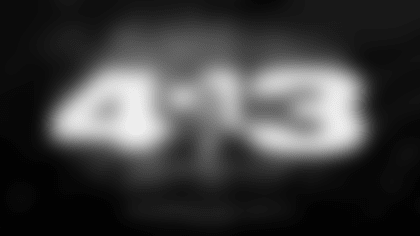
The 2010 season was mostly one to forget for the Vikings.
Minnesota was coming off an appearance in the 2009 NFC title game and had Super Bowl expectations once again.
But a wild and wacky season, which included the collapse of the Metrodome roof, ended with a disappointing 6-10 finish.
Among the weirder stories from the season included a multiple-day stay at a Philadelphia hotel before the first (and only) Tuesday night game in Vikings history.
For Rob Brzezinski, the Vikings Executive Vice President of Football Operations, that game stands out in his memory.
"There's a lot of special moments, and every win in this business is so much fun," said Brzezinski, who has been a part of 189 total wins since joining the organization in 1999. "But I tried to think of something that was really unique and impactful … it took me back to 2010 in Philadelphia.
"The northern blizzard took our Sunday night game and played it on Tuesday," Brzezinski added. "And it's a game that we won, but what's interesting is the backdrop."
Brzezinski said expectations were sky high for the Vikings. But things never clicked for a multitude of reasons, both on and off the field. At one point, after the Metrodome's roof collapsed, the Vikings played a home game in Detroit.
"It was a rough year," Brzezinski said. "It goes on and on."
By the time Sunday of Week 16 rolled around, the Vikings were already in Philadelphia after their normal Saturday travel.
But a mammoth snowstorm postponed the game to Tuesday, leaving players, coaches and staff stuck for three days at the Four Seasons Hotel. They tried not to go stir crazy, and the team held walk-throughs in the hotel.
"The operations staff and everyone did an amazing job accommodating everybody," Brzezinski said. "That was a really difficult year, and it seemed like every time you looked around the corner, it was another challenge.
"But at the end of the day, we're sitting there in Philly for three days and we're together, and you realize that it's about the relationships and the people," Brzezinski added.
As for the game itself, the Vikings won 24-14 to pick up their sixth and final win of a chaotic 2010 season.
Antoine Winfield had a 45-yard fumble recovery for a score, and Joe Webb and Adrian Peterson each found the end zone on the ground. Winfield also sacked Michael Vick twice, part of a six-sack night for a Vikings defense that also forced three turnovers.

And while the win might have come during one of the most forgettable seasons in Vikings history, it's unforgettable for many reasons in Brzezinski's mind.
"What dawned on me after that game was the resiliency of the team," Brzezinski said. "But also, is that it's bigger than football. Everything we had been through, those couple days in the hotel, this was about being a family, relationships, sticking together, always fighting and battling through adversity. That was a really, really special win.
"But this business, and life, is not about when things are going well," Brzezinski later added. "When things are difficult, do you stick together? Do you learn lessons, both personally and professionally? That win obviously was as significant to the organization at the time, but I think a lot of people learned a lot of lessons in that win and that season."
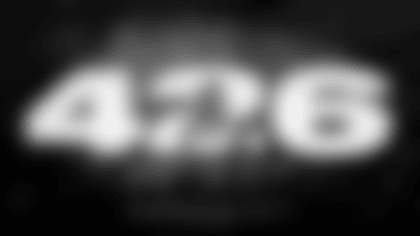
Harrison Smith has now spent a decade in Purple and will surely go down as one of the best defensive players in franchise history.
But sometimes, you just have to sit back and appreciate the greatness that surrounds you.
That's the way Smith remembers the Vikings 2012 season, which was full of plenty of drama and intrigue over the course of the year.
And the Vikings safety's all-time favorite win came in the season finale against Green Bay.
"I'd go with 2012, the last game vs. the Packers," Smith said. "We needed a win to get into the playoffs, so it was definitely a playoff atmosphere.
"And Adrian was close to breaking the rushing record," Smith added. "There were kind of a lot of storylines for that one … it was a pretty electric atmosphere."
The Packers, led by Rodgers, had already clinched the NFC North.
But the Vikings could claim a Wild Card spot win a victory that would get them to 10 wins.
"We had been in that [playoff] mode," Smith said. "We realized we had to treat every game like it was the playoffs, and that was the [last] one up on the schedule."
The Vikings held a double-digit lead for nearly the first three quarters, but the game was knotted at both 27 and 34-all in the fourth quarter before Minnesota eventually won on a 29-yard field goal as time expired.
But what most fans remember from that day is Peterson's chase of two benchmarks: 2,000 rushing yards, plus Eric Dickerson's single-season rushing record of 2,105 yards.

Peterson entered the game with 1,898 rushing yards and was nearing the end of a magical season. He had torn his ACL just 371 days earlier but somehow put together the best season of his career.
"We had been watching him since he had come back," Smith said with a laugh. "That previous season, he was coming off an injury.
"We were watching him every game because he was going nuts every game," Smith said.
Peterson eclipsed the 100-yard mark in 10 games that season, including seven games of 150-plus yards and two different 200-yard games.
He nearly hit 200 yards in the season finale, rushing for 199 yards on a season-high 34 carries.
And Peterson had a chance at Dickerson's record, too, as the Vikings had the ball on the 11-yard line in the game's final seconds. But Minnesota let the clock run down, used its final timeout and kicked the walk-off field goal.
Peterson finished with 2,097 yards — the second-most in NFL history and just nine yards shy of passing Dickerson. His total is still a Vikings single-season record.
Smith said the Metrodome was on pins and needles to see if the star running back could get the record.
And while Peterson fell short personally, the Vikings succeeded as a team in clinching a playoff berth.
"We all wanted it for him, but we all wanted the win, too," Smith said. "It would have been nice to get him 10 extra yards."

The Vikings have won 20 division titles in their 61-season history.
No. 19 on that list might be one of the sweetest of all. Especially for Brian Robison.
"Probably my favorite [win] was from the 2015 season when we ended up clinching the division over in Green Bay," Robison said. "That would be my favorite one.
"Anytime you can go over there and clinch the division, last game of the season, cold weather, all that stuff … it makes it a little bit extra special," Robison added.
The former Vikings defensive end spent 11 seasons in Purple after he was a 2007 fourth-round pick out of Texas. Robison was part of four teams that won the NFC North in his time in Minnesota.
But the 2015 clincher, a 20-13 Vikings victory, was different. Former Vikings Head Coach Mike Zimmer was in his second season in charge – and was in the midst of a turnaround that surprised some around the league.
Minnesota and Green Bay were both 10-5 heading into the 2015 season finale at Lambeau Field. The winner could clinch the division, and the loser would be a Wild Card squad.
"We knew we were going to go into a hostile environment. We always knew that in order to win the division, it was going to have to go through Minnesota or Green Bay," Robison said. "That was just the attitude we had. Going into it, we knew that in order to give ourselves that opportunity, we had to win in Green Bay.
"For us, it was a statement game. We had to go in there and try to make a statement," Robison added.
The game itself was a Zimmer staple — a low-scoring, defensive slugfest. The Vikings led 20-3 heading into the fourth quarter, buoyed by an Adrian Peterson rushing score and a fumble returned for a defensive touchdown.
The Packers, who had won four straight division titles, didn't go quietly. Aaron Rodgers led Green Bay to score 10 unanswered points — and advanced the ball to the Vikings 38-yard line with just seconds left in regulation.
"Man, I remember late in the game, it got down to the wire. The big deal was that we had some injuries on the defensive line," Robison said. "I think we only had five guys that were really able to kind of go. We were exhausted, tired of chasing Aaron around. He was trying to lead a drive toward the end of the game, and I just remember being totally exhausted. No other way to put it."
Rodgers' last-gasp pass headed toward a cluster of players on both teams, but Anthony Barr used his 6-foot-5 frame to bat the ball away … and clinch the 19th division title in Vikings history.
The win was Zimmer's first against the Packers, and it was Minnesota's first win at Lambeau Field since 2009.
Robison recalled the final scenes on that chilly Sunday evening in the NFL's final regular-season game of the 2015 season.
"[Rodgers'] track record for Hail Mary [passes] is probably second-to-none. It's never a good sight when you see him just kind of heaving the ball up," Robison said. "It just truly was one of those games where you left it all on the field. I know that's kind of cliché, but we truly left everything we had on that field."

The Vikings won another NFC North crown in Zimmer's tenure, and they also reached the NFC title game during that 2017 season.
But it was the 2015 division title that sparked the Vikings on an upward trajectory in the first half of Zimmer's tenure in Purple.
"That, to me, was the tone setter. [Zimmer] came in there in 2014, and we made a lot of headway that year," Robison said. "But we knew we had to get better, and to go up there and win the division title was a huge stepping stone. I think we just grew from there."






